[Top-selling item] Personalized Boston Red Sox MLB Hawaiian Shirt
$0.00
- See more same items ✔ IN HERE
- Or get new items ✔ Click here
- Homepage: FULLPRINTINGTEESHIRT STORE
More From Hawaiian shirt - Baseball shirt
Hawaiian shirt - Baseball shirt
[Top-selling Item] Yellow The Simpsons Homer Vacation Shirt Hawaiian Shirt
Hawaiian shirt - Baseball shirt
[Top-selling Item] Yellow Chicken Summer Time Hawaiian Shirt
Hawaiian shirt - Baseball shirt
[Top-selling Item] Yacht Club You Want Tropical Style Custom Photo Hawaiian Shirt
Hawaiian shirt - Baseball shirt
Hawaiian shirt - Baseball shirt
Hawaiian shirt - Baseball shirt
[Top-selling Item] Worst Nightmare Halloween Pumpkin Moon Hawaiian Shirt
Elsie Das, an artist who first designed prints for Watumull’s East India Business before later founding her own sportswear store, was also a pioneer of these shifting motifs, according to Hope. “Das turned them into patterns that were acceptable for the area,” he explains. “She used Diamond Head instead of Mt. Fuji.” She utilised ginger, plumeria, bird of paradise, hibiscus, and anthurium instead of cherry blossoms.”
Summer Set – Personalized Boston Red Sox MLB Hawaiian Shirt
It would be negligent of me not to remark that the aloha shirt’s cultural ascent was aided greatly by bureaucrats and businessmen who abhor sweating. From June until October, the city of Honolulu issued an ordinance allowing civic personnel to wear athletic shirts.
But that was only the first step in making the aloha shirt appropriate for the workplace. The city also developed Aloha Week in 1947 to preserve and promote Hawaiian culture, which quickly spread across the islands and grew to a month. These events boosted tourism and, as a result, demand for aloha shirts.
According to Hope, in 1962, a professional manufacturing association known as the Hawaiian Fashion Guild began “Operation Liberation,” which supplied two aloha shirts to every member of the Hawaii House of Representatives and Senate. Later, the Senate passed a resolution suggesting that aloha attire be worn all summer. Despite the initial uproar, relaxation eventually won out.
“I believe most employers, bosses, and business owners believed that would be too casual, and that their clients would not take them seriously,” Hope adds. “But after that, they really got into it.” Later, the guild pushed for “Aloha Friday,” a proposal that would enable male employees to wear aloha shirts on the last business day of the week during the summer months.
The custom originated in 1966 and has since evolved into what is now known as “Casual Friday” around the world. According to the Honolulu Civil Beat, Democratic congressman Mark Takai petitioned House Speaker Paul Ryan in 2016 to allow aloha shirts on Fridays in Congress. Ryan turned down the offer.
Many of the shirts’ distinctive motifs—hula girls, palm trees, and outrigger canoes—aren’t precisely accurate portrayals of Hawaiian culture. According to Alfons J. Korn’s paper “Some Notes on the Origin of Certain Hawaiian Shirts,” the palaka, a shirt printed with a peculiar weaving pattern of blue and white checks, is perhaps the most truly Hawaiian shirt.
That, too, has a backstory: the fabric was first imported for plantation labourers at the turn of the century. According to cultural theorist Sämi Ludwig in American Multiculturalism in Context: Views From at Home and Abroad, many researchers consider the aloha shirt as a symbol of Hawai’i’s seeming multicultural peace.
“To those who reside in Hawaii, it is a visual representation of their multi-ethnic ancestry,” textile historian Arthur wrote in her book The Art of the Aloha Shirt, “crafted as it is with a Western shape, Japanese fabric, Chinese tailors, and Filipino style—and in Hawai’i.” Hope concurs.
“When you’re wearing an aloha shirt, you get a certain sensation,” he explains. “You walk with a spring in your stride and a small smile on your face. There would be no conflicts if everyone wore an aloha shirt, according to one man, and I believe this is true.” Some Native Hawaiians, according to Ludwig, disagree.
They have been criticised by Haunani-Kay Trask, an activist and former director of the University of Hawai’i at Mnoa’s Center for Hawaiian Studies, as “the disgusting commercialisation of everything Hawaiian.” Some Hawaiian designers, such as Kha’o Zane of Sig Zane Designs, have resurrected the aloha shirt with designs that incorporate traditional Hawaiian elements.
Hawaiian politicians have taken to wearing Zane’s shirts, which are known for their sleek and delicate patterns. In an email, Zane says, “I believe Haunani-Kay Trask’s opinion is geared towards firms that have borrowed the images and inspiration from the islands for their own profit without sharing in reciprocity for the community that developed or make up the imagery’s surroundings.”
As a Hawaiian designer, Zane sees the aloha shirt as a way to share his culture with people all over the world. The aloha shirt, like the aloha shirt, does not reflect a single philosophy and can range from elegant and courteous to ridiculous and very vulgar. It turns out that your hawaiian shirt may be communicating more than you anticipated.
Some details about our product – Personalized Boston Red Sox MLB Hawaiian Shirt
- 100% kate silk
- Casual button-down shirts /Soft acceptable Regular fit/Breathable/Good Quality/Men designer shirts /Good Choice for Summer/men designer shirts Shirts with Hawaiian designs
- Printing techniques: Dye-sublimation printing
- Washing instructions: Machine wash cold, only non-chlorine bleach when necessary, hang dry, cool iron on reverse side, or dry clean
- Time to produce: 3-6 business days
NOTE: Personalized Boston Red Sox MLB Hawaiian Shirt
Because the size is manually measured, please allow for a 1-3 cm fluctuation in dimension. The actual color of the item may differ somewhat from the visual depictions due to differences in monitors and lighting effects.
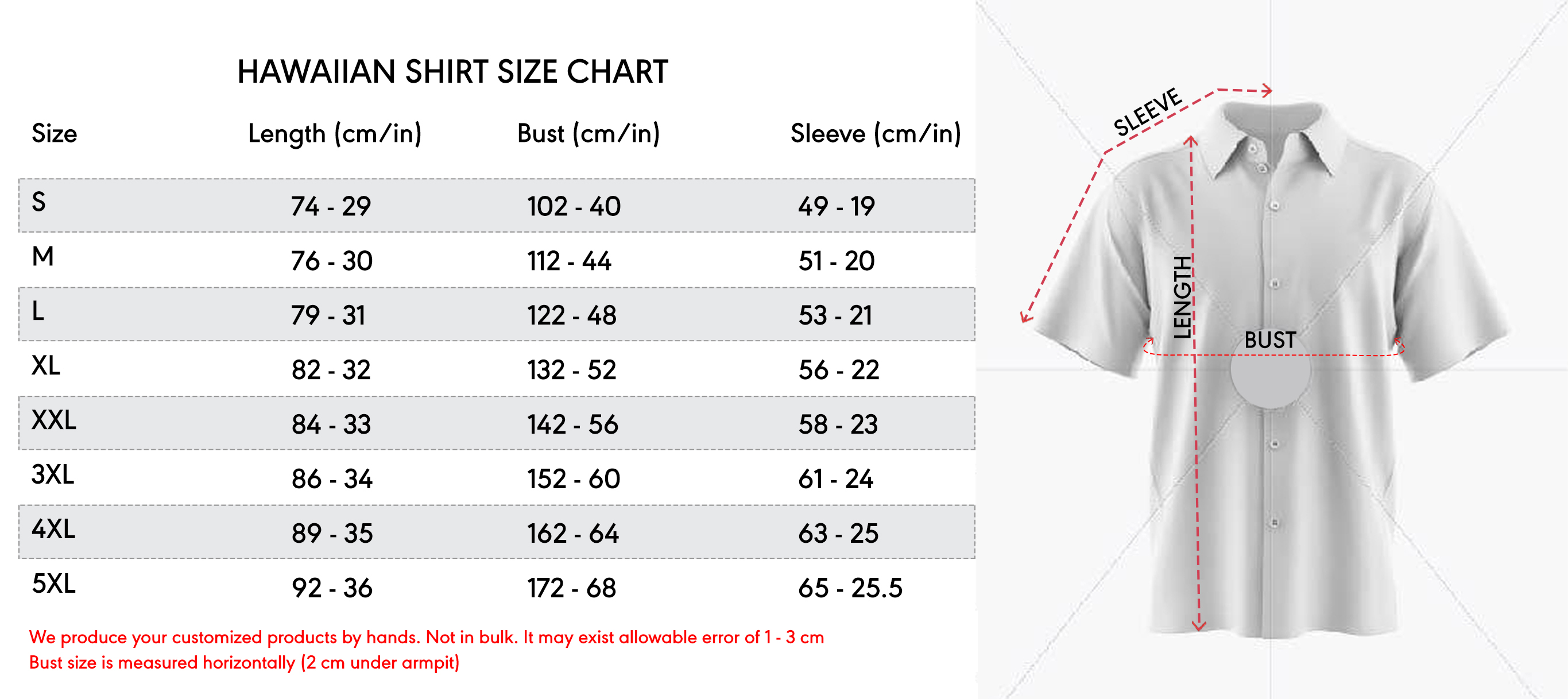
Connect us at:
Homepage: Fullprintingteeshirt Store
Only logged in customers who have purchased this product may leave a review.
1. Choose style, color and size. The above atributes are always available and suitable for the design, please do not hesitate to choose your favorite product. Please see our Size chart to make sure the size is right for you. See details of our product information on our Product information page.
2. Click Add to cart. Tip: Buying 2 or more products significantly reduces delivery costs.
3. Go to the checkout page. Fill out the order information and proceed with payment.
4. The system will send a confirmation email when the order is complete.
Note: 1. You can only change the order information within 4 hours of placing an order successfully. 2. Currently, due to the coronavirus pandemic, it takes us about 7-21 business days to ship product. 3. If you receive a defective product due to printing or shipping, please contact us to get a new replacement product for free.
If you have any questions, please chat with us or contact us via [email protected]. Your satisfaction is our happiness. Thank you for trusting and shopping with us!
Related products
Hawaiian shirt - Baseball shirt
[Top-selling item] rainbow cats all over printed hawaiian shirt
Hawaiian shirt - Baseball shirt
[Top-selling item] barbecue if you need me i will be at the grill all over printed hawaiian shirt
Hawaiian shirt - Baseball shirt
[Top-selling item] jamaica lion tropical all over printed hawaiian shirt
Hawaiian shirt - Baseball shirt
[Top-selling item] shooting spearfishing all over printed hawaiian shirt
Hawaiian shirt - Baseball shirt
[Top-selling item] tropical summer beach all over printed hawaiian shirt
Hawaiian shirt - Baseball shirt
[Top-selling item] united state veteran on the sky all over printed hawaiian shirt
Hawaiian shirt - Baseball shirt
[Top-selling item] the dolphin waves all over printed hawaiian shirt
Hawaiian shirt - Baseball shirt
[Top-selling item] farmer animals all over printed hawaiian shirt
Hawaiian shirt - Baseball shirt
[Top-selling item] pineapple tropical all over printed hawaiian shirt
Hawaiian shirt - Baseball shirt
[Top-selling item] tropical summer pineapple all over printed hawaiian shirt
Hawaiian shirt - Baseball shirt
[Top-selling item] lgbt love all over printed hawaiian shirt
Hawaiian shirt - Baseball shirt
[Top-selling item] tropical dolphin all over printed hawaiian shirt
Hawaiian shirt - Baseball shirt
[Top-selling item] beer skull party all over printed hawaiian shirt
Hawaiian shirt - Baseball shirt
[Top-selling item] tropical summer flamingo all over printed hawaiian shirt
Hawaiian shirt - Baseball shirt
[Top-selling item] veteran american flag all over printed hawaiian shirt
Hawaiian shirt - Baseball shirt
[Top-selling item] skull pineapple tropical all over printed hawaiian shirt
Hawaiian shirt - Baseball shirt
[Top-selling item] dreamcatcher colorful all over print hawaiian shirt
Hawaiian shirt - Baseball shirt
[Top-selling item] american flag skull all over printed hawaiian shirt
Hawaiian shirt - Baseball shirt
[Top-selling item] american patriotic eagle all over print hawaiian shirt
Hawaiian shirt - Baseball shirt
[Top-selling item] hippie turtles waves all over printed hawaiian shirt
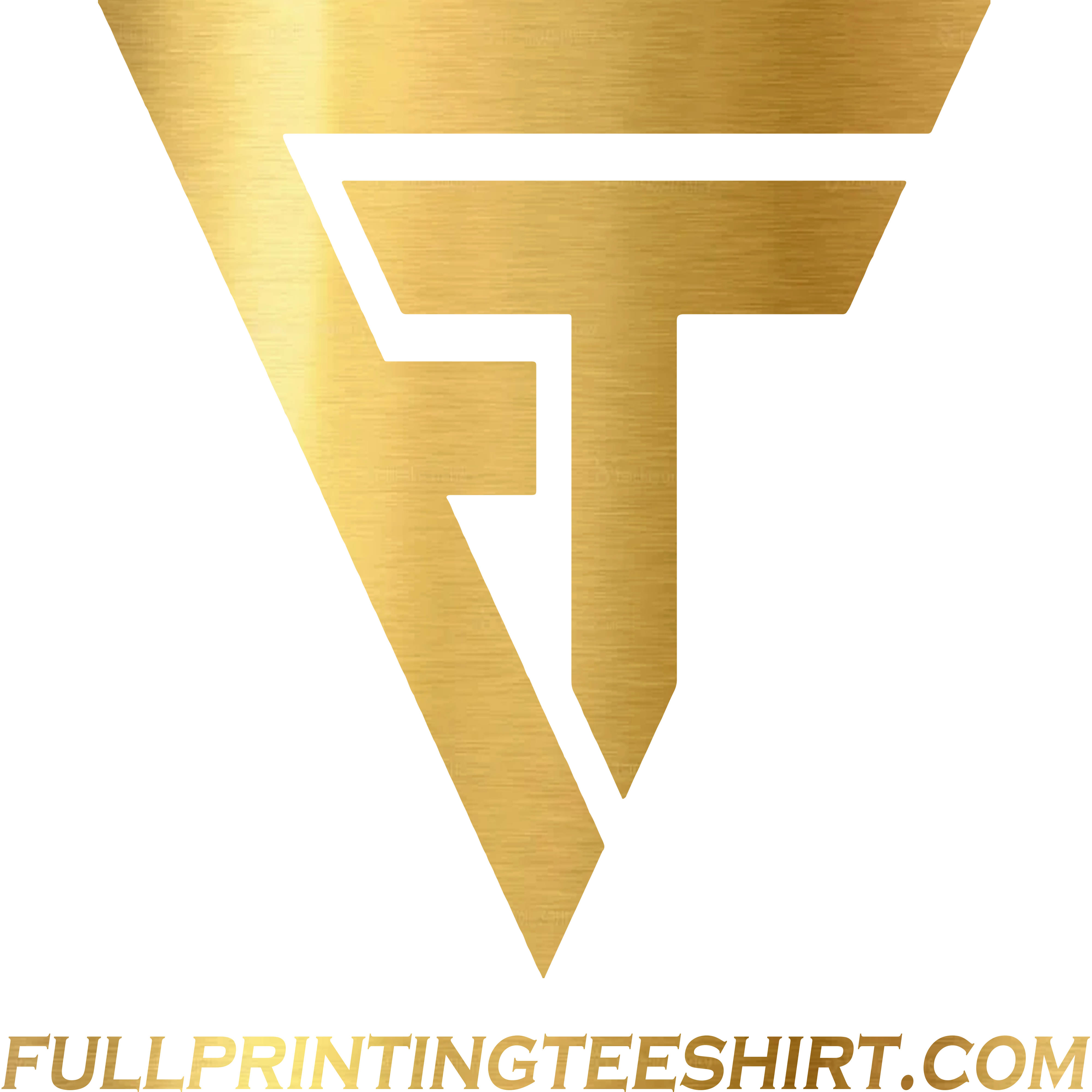
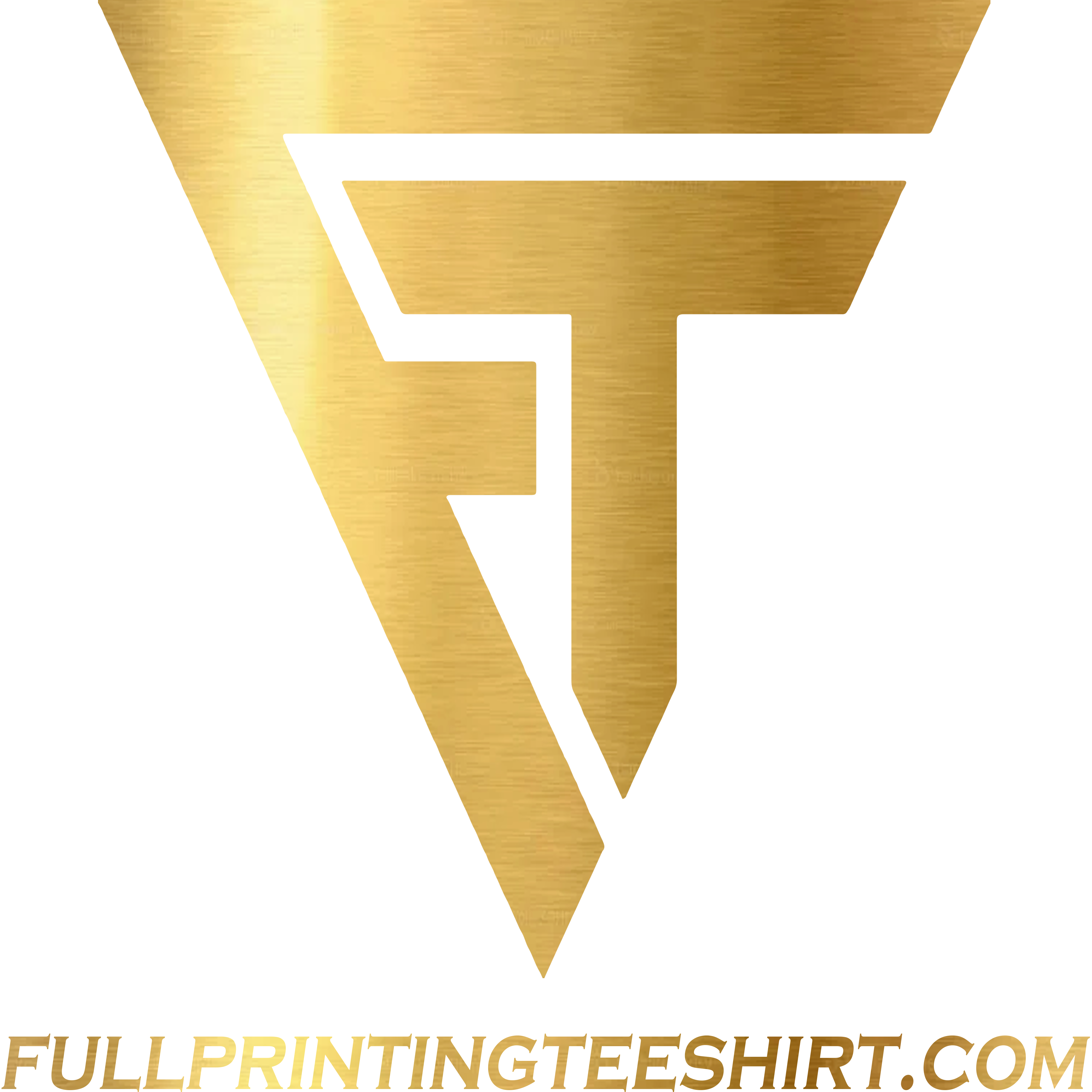
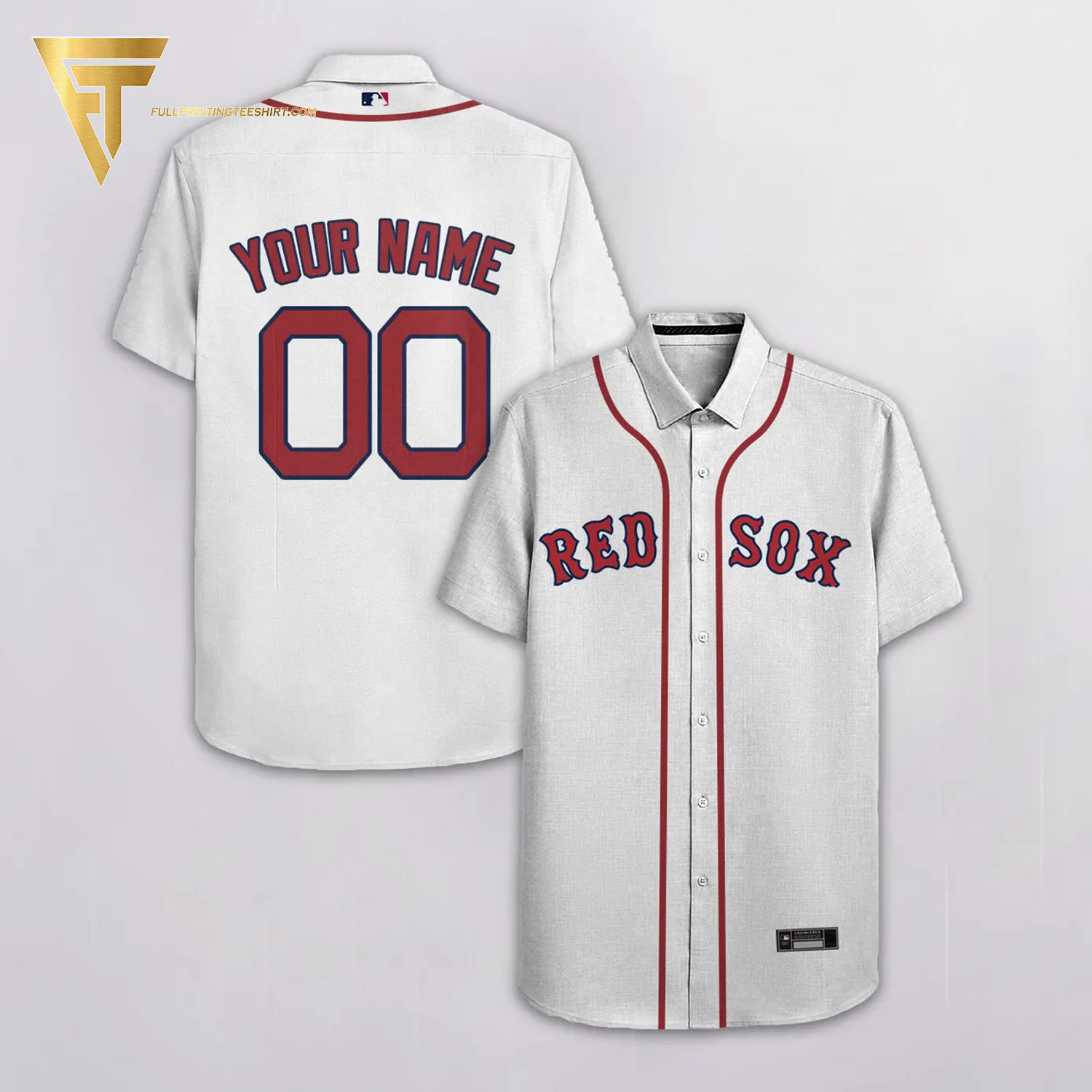
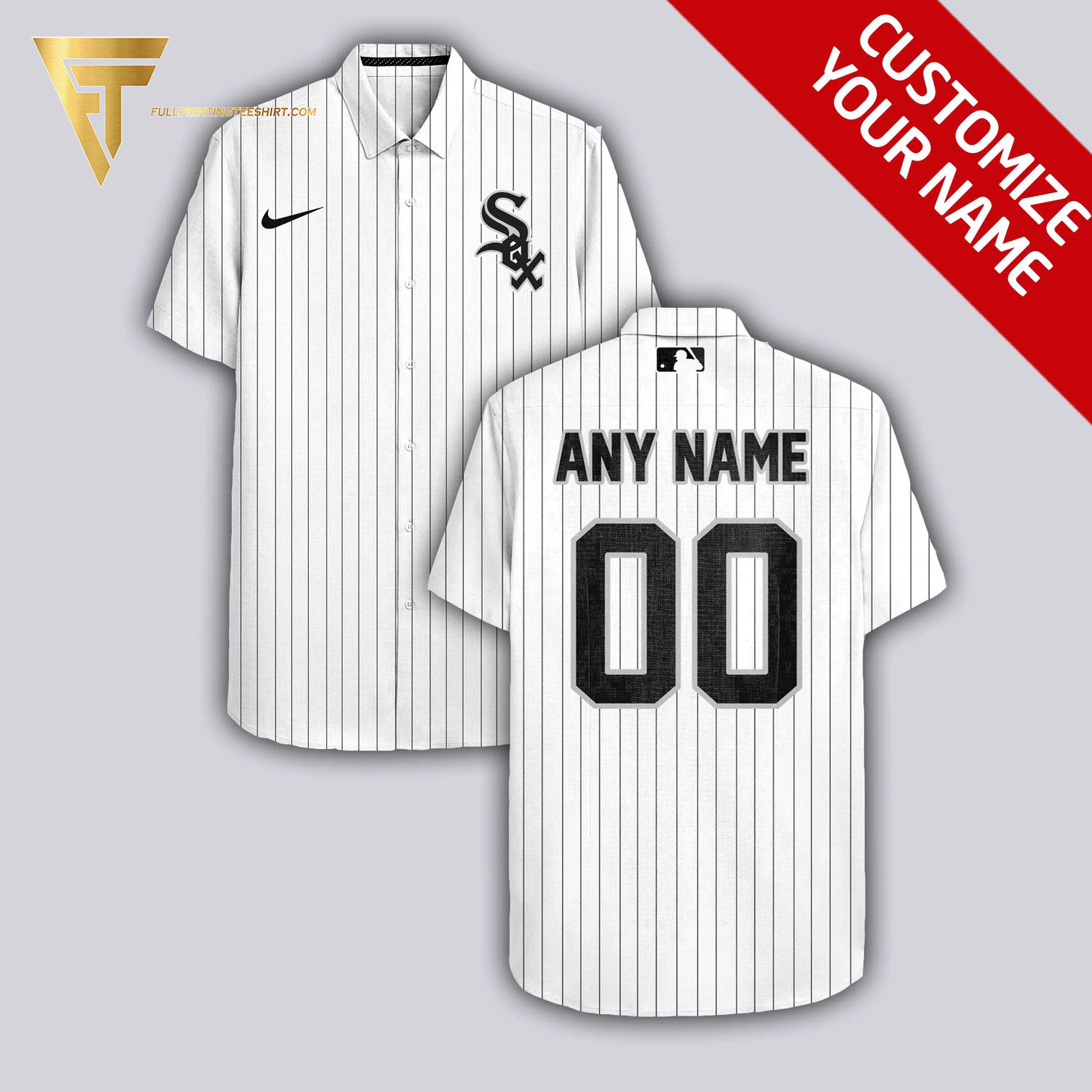
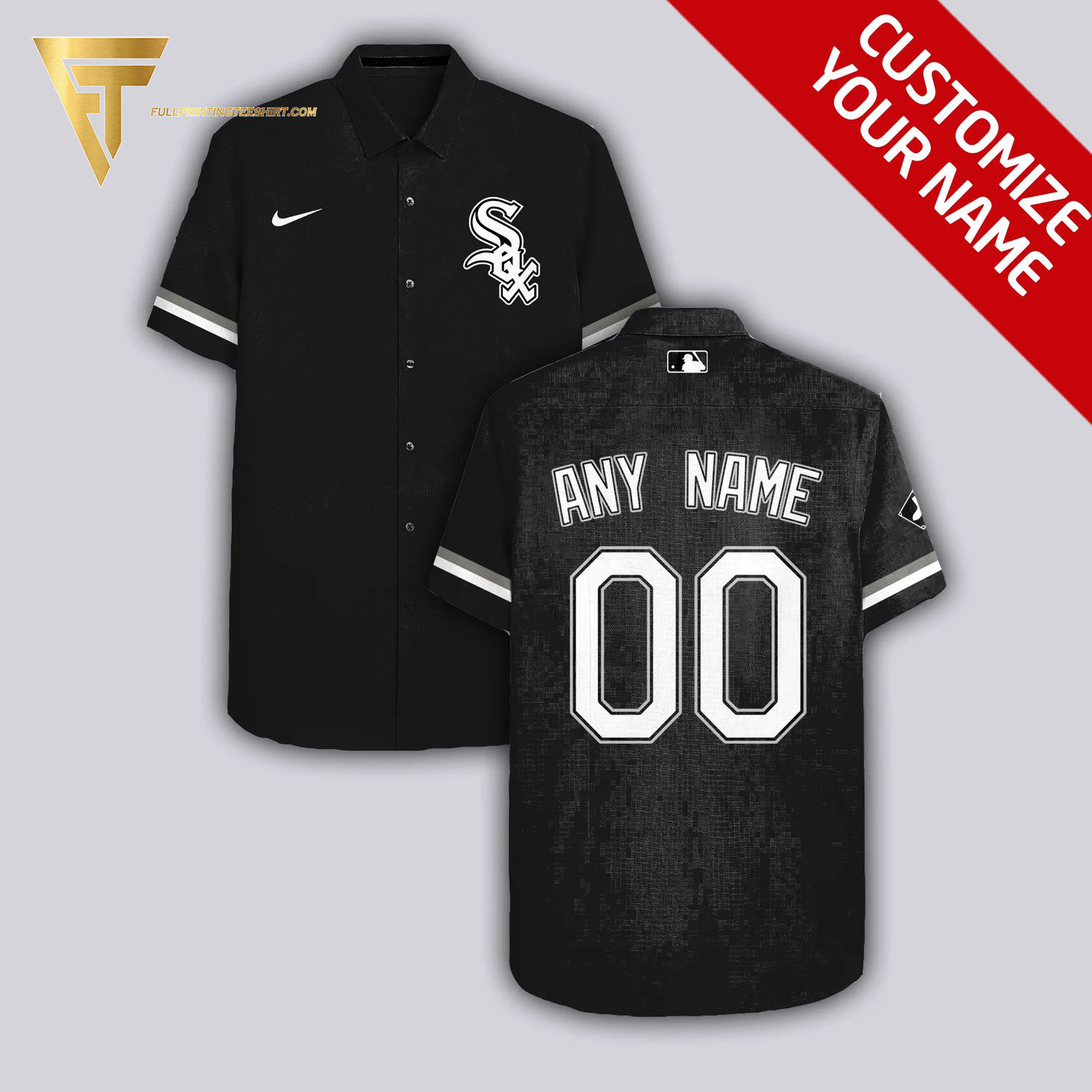
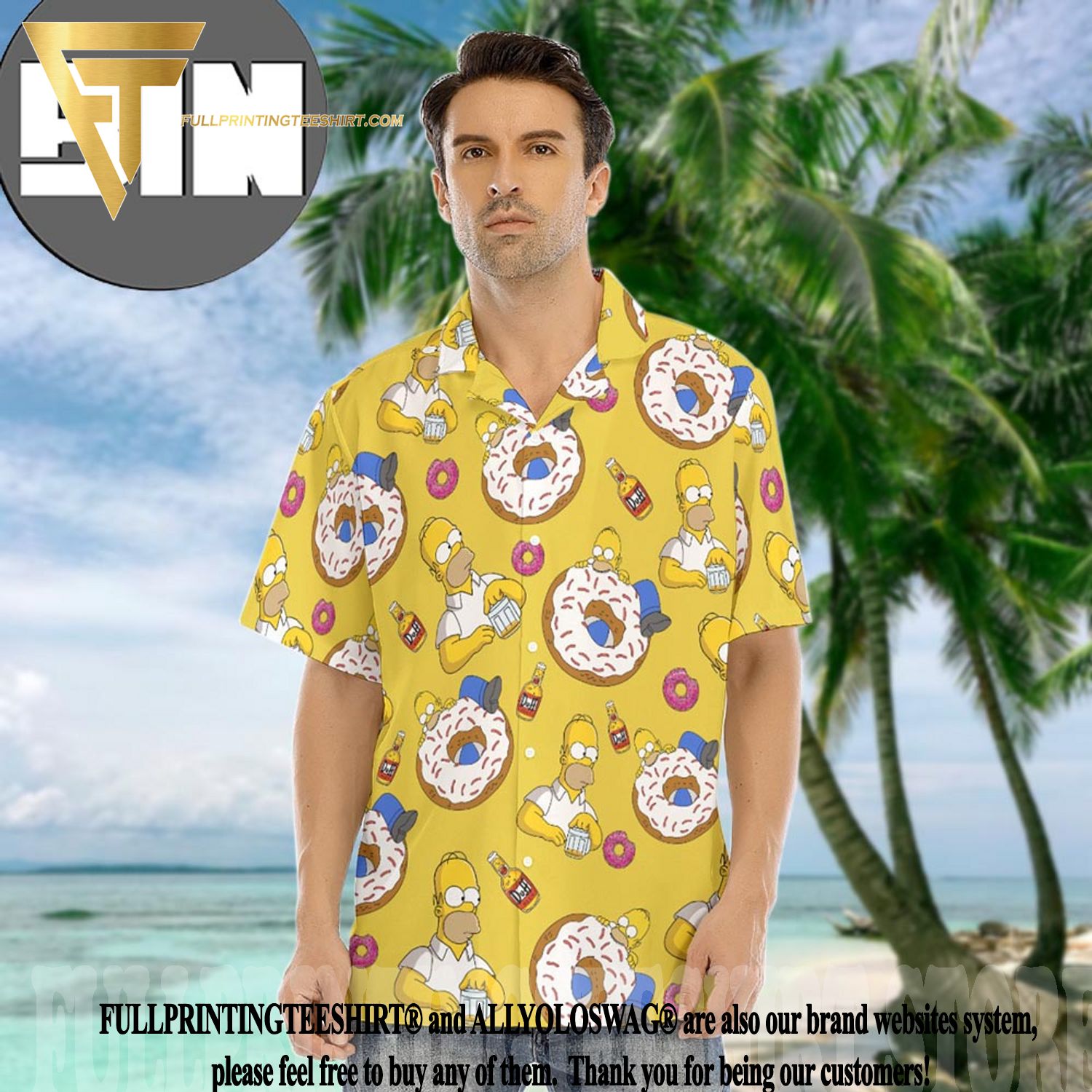
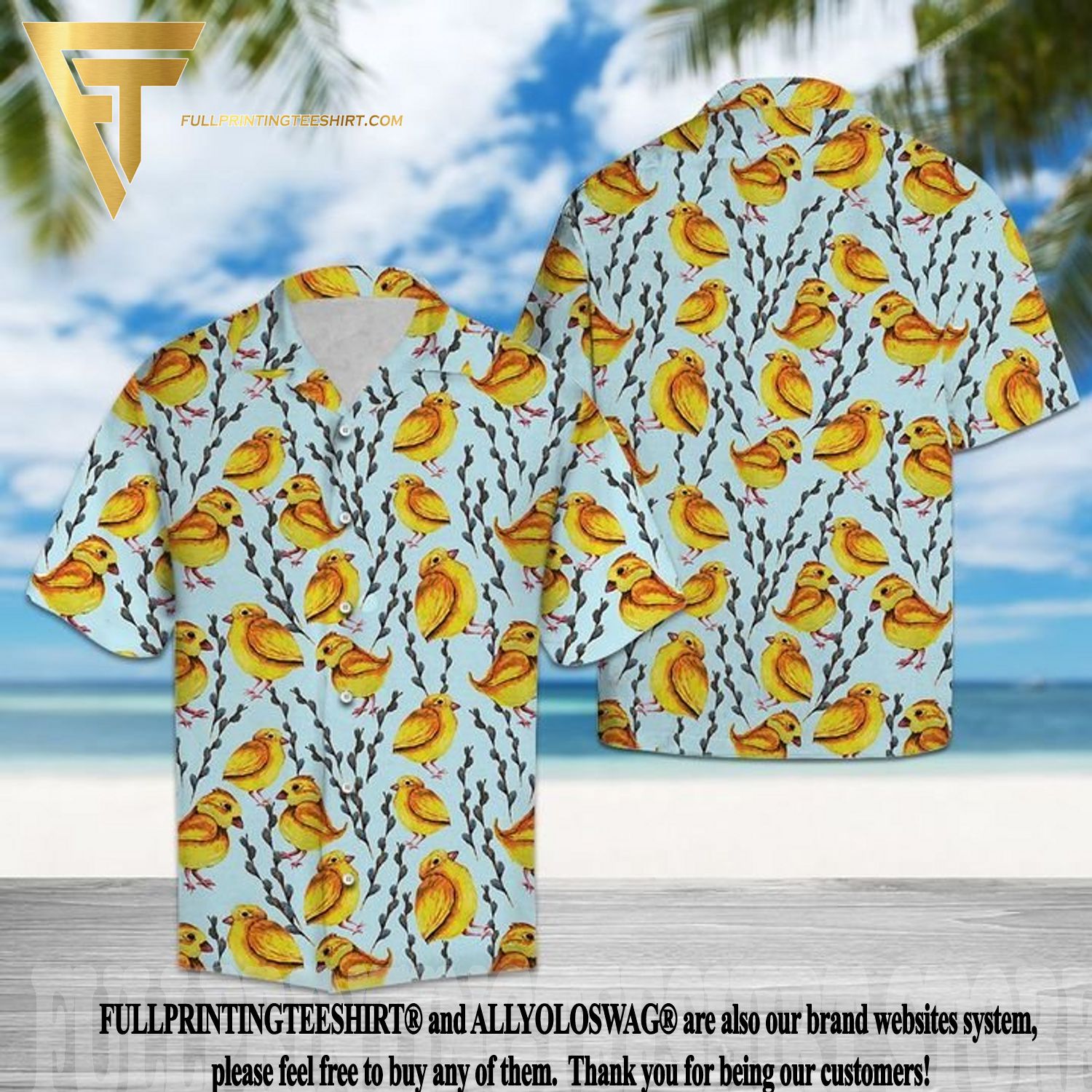
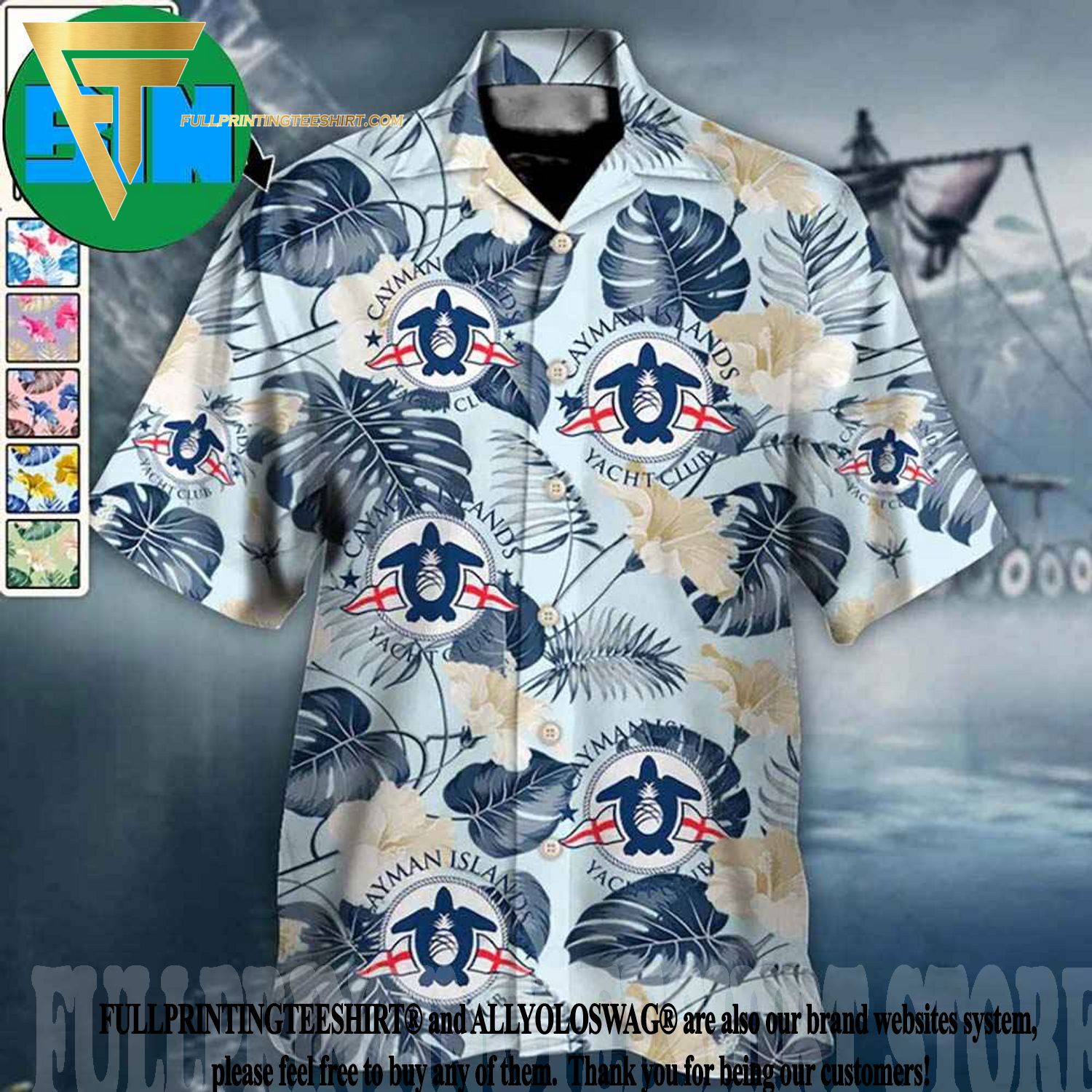
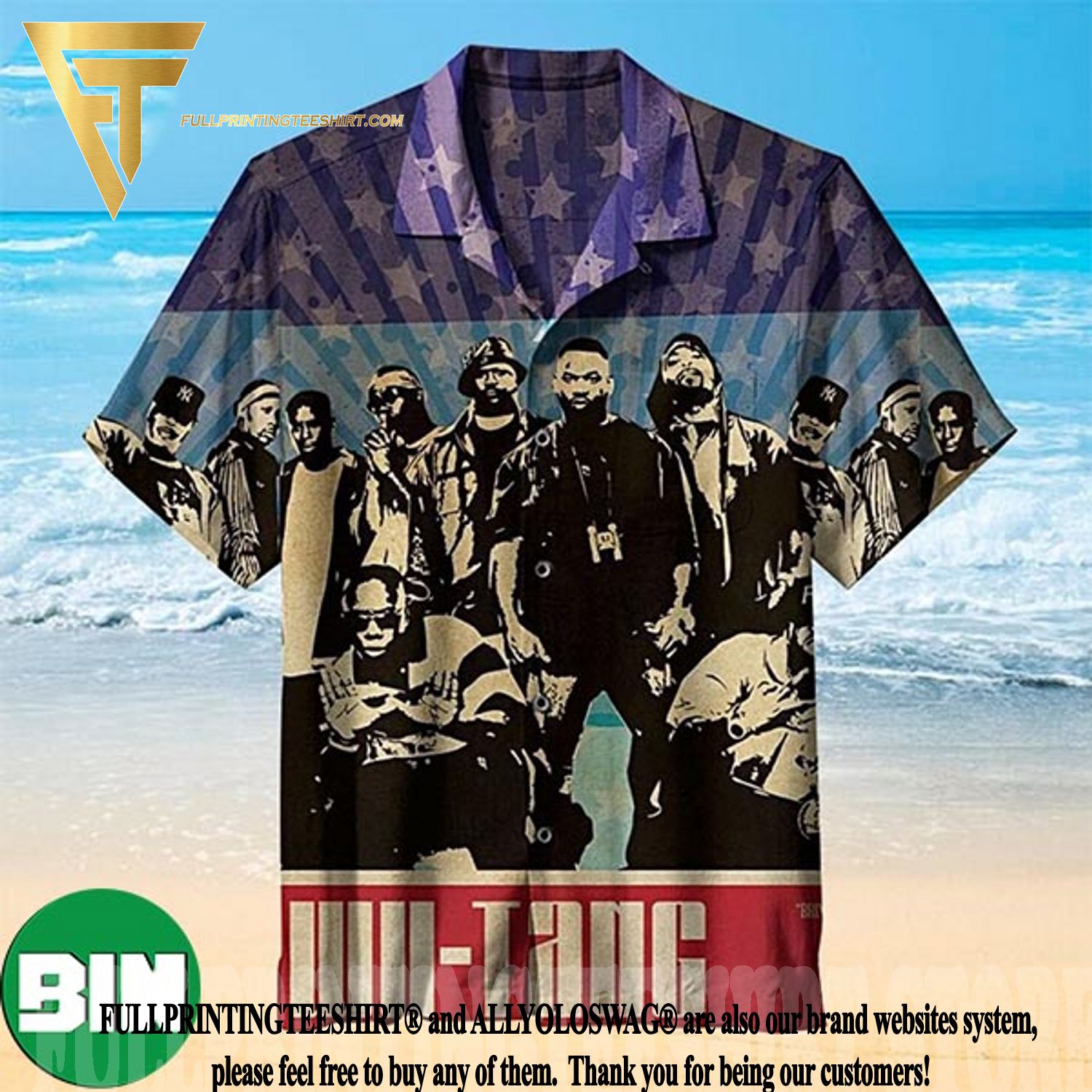
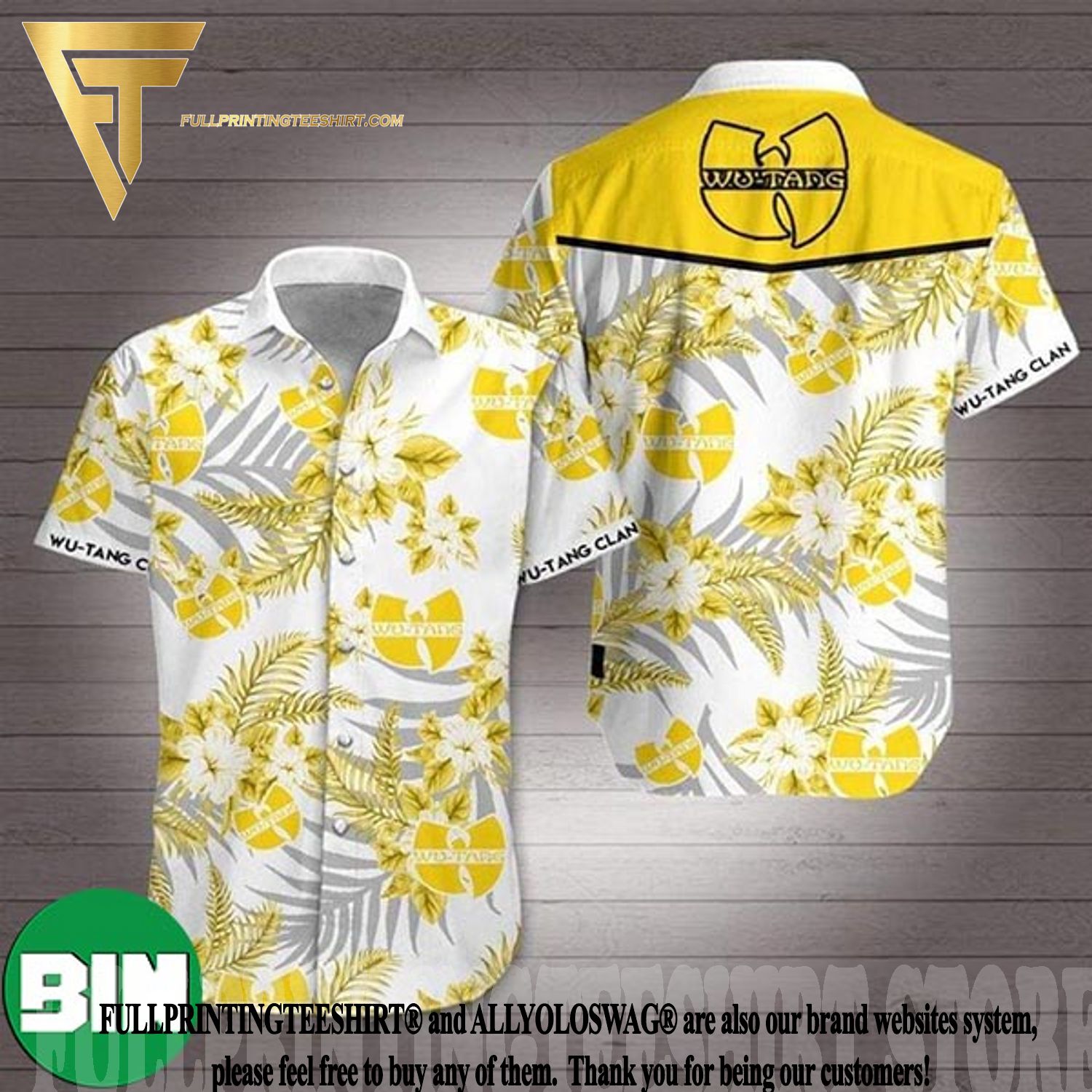
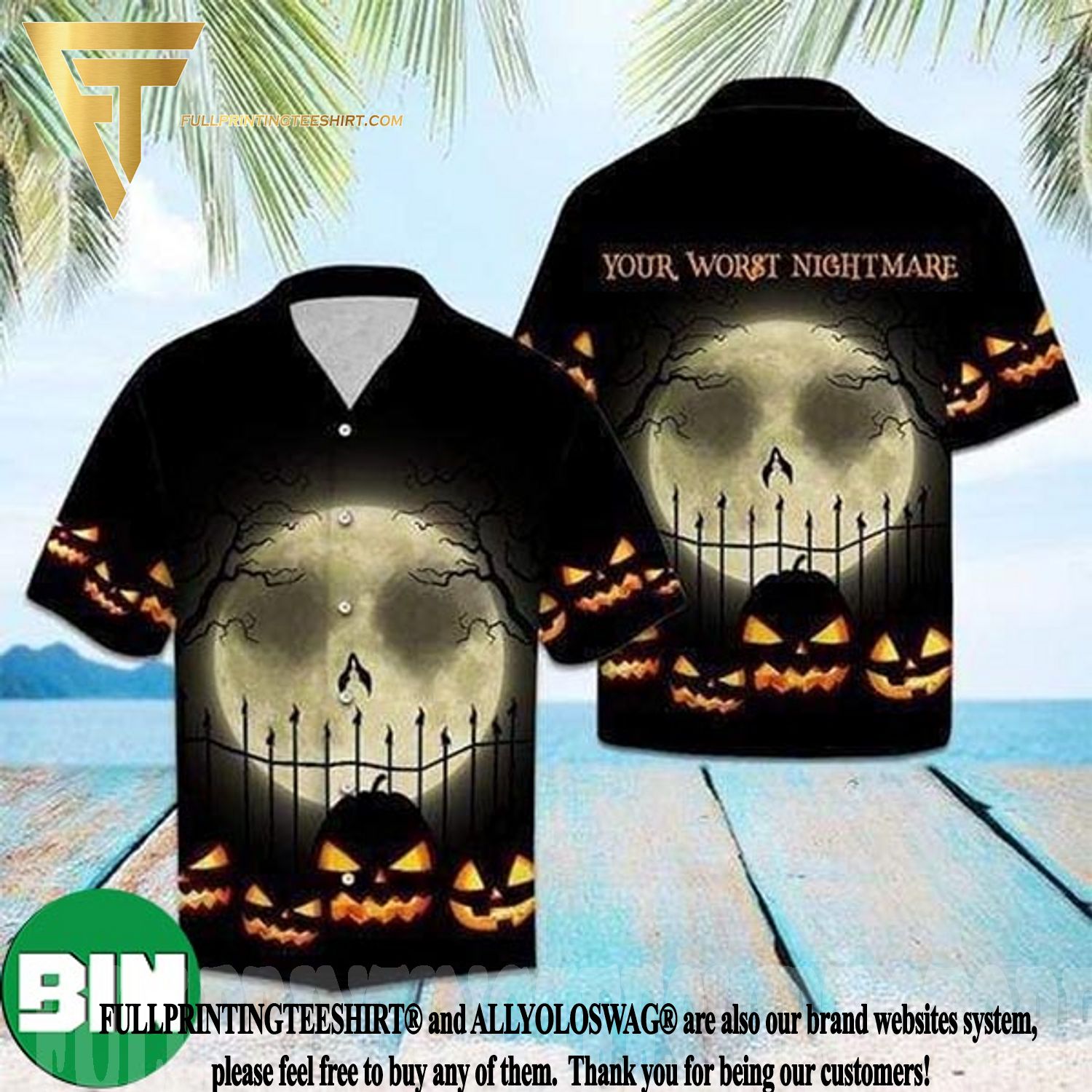
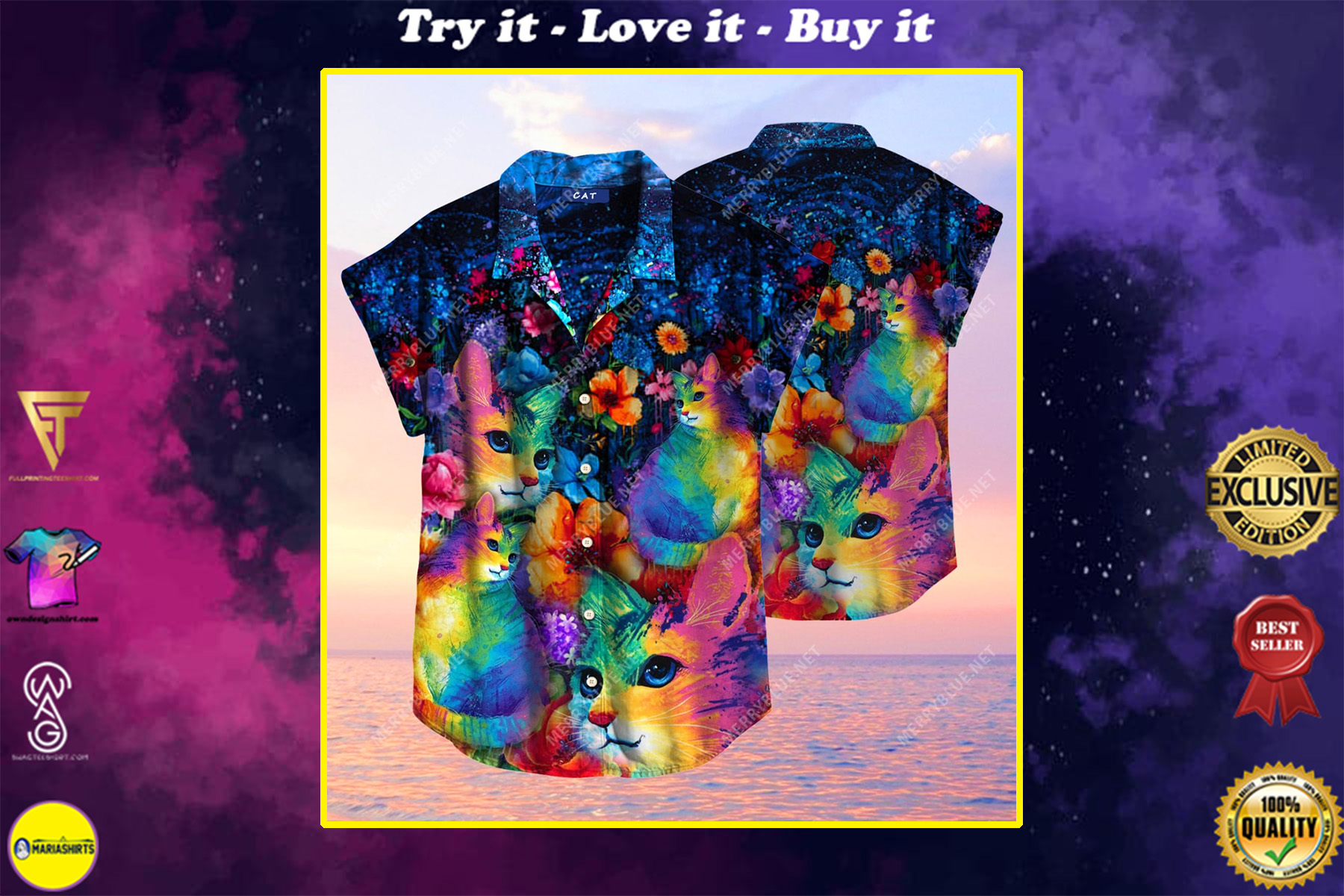
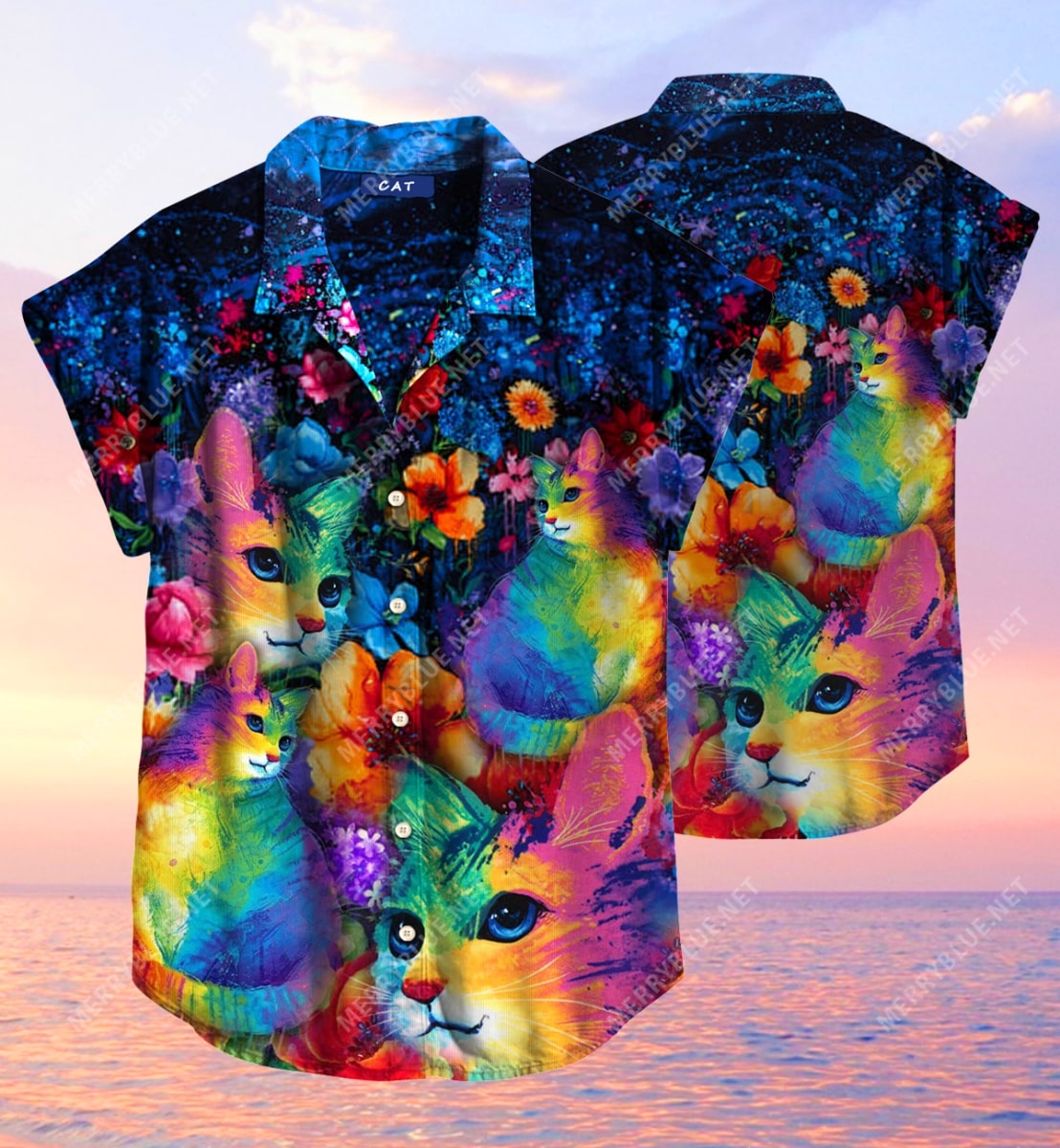
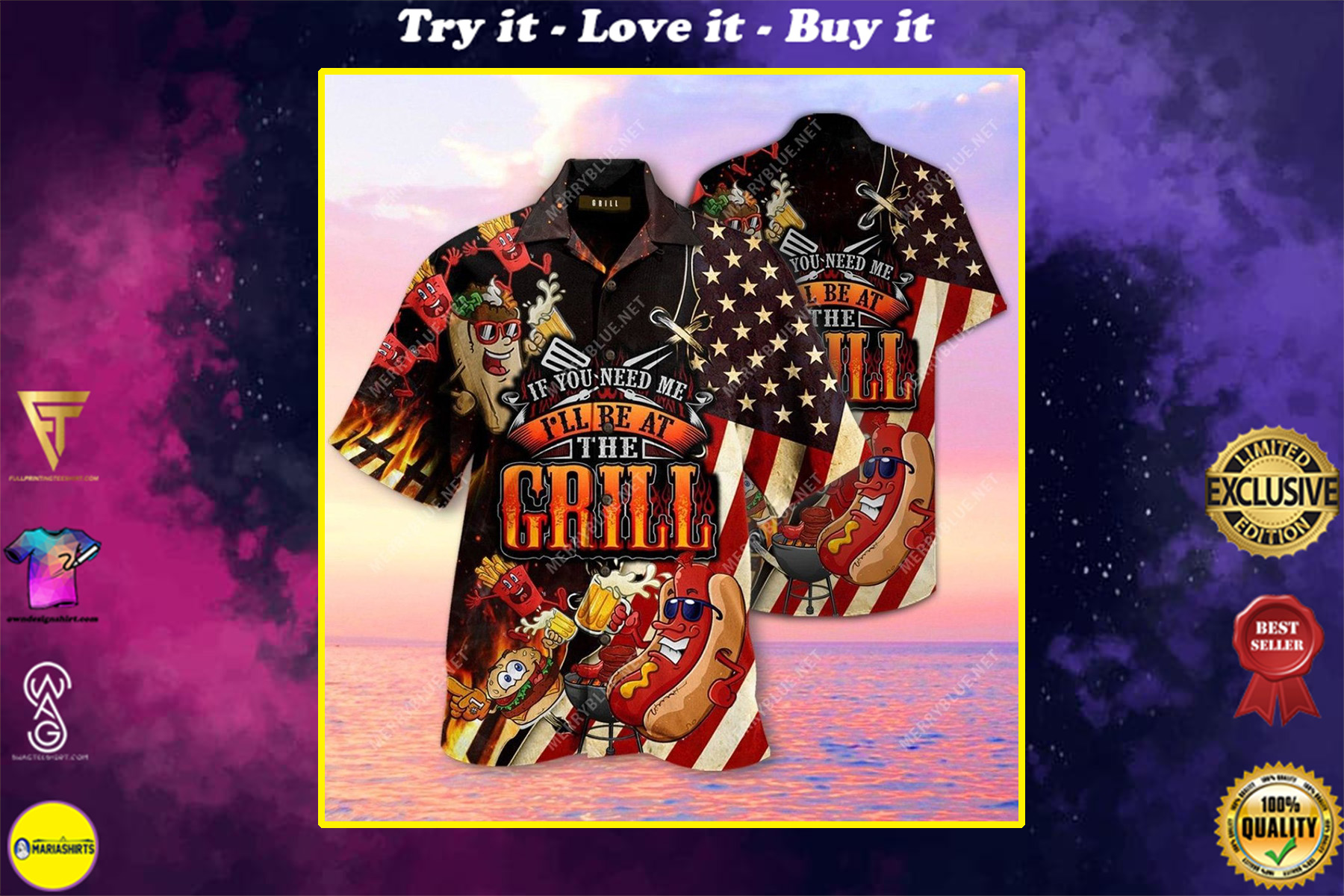

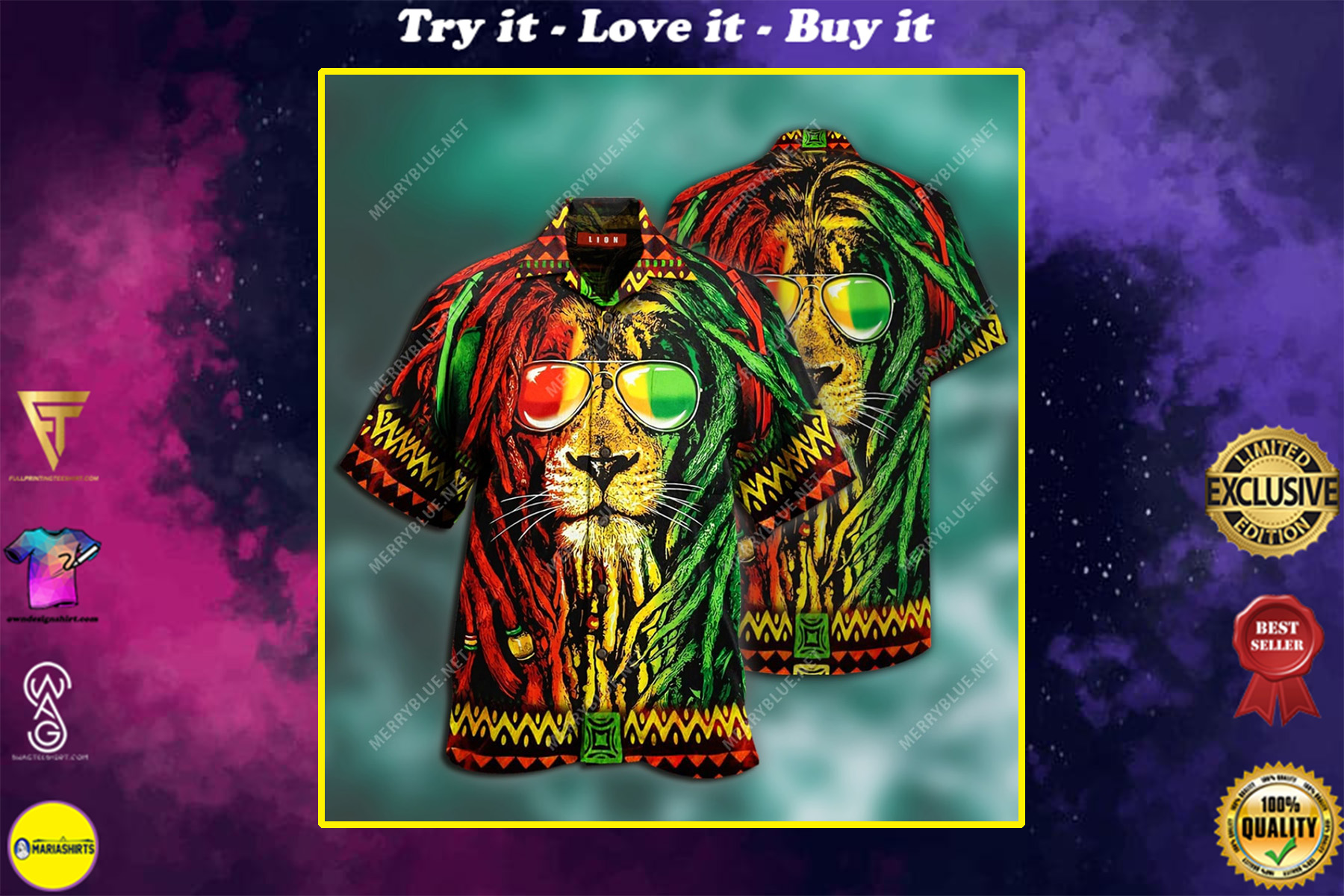
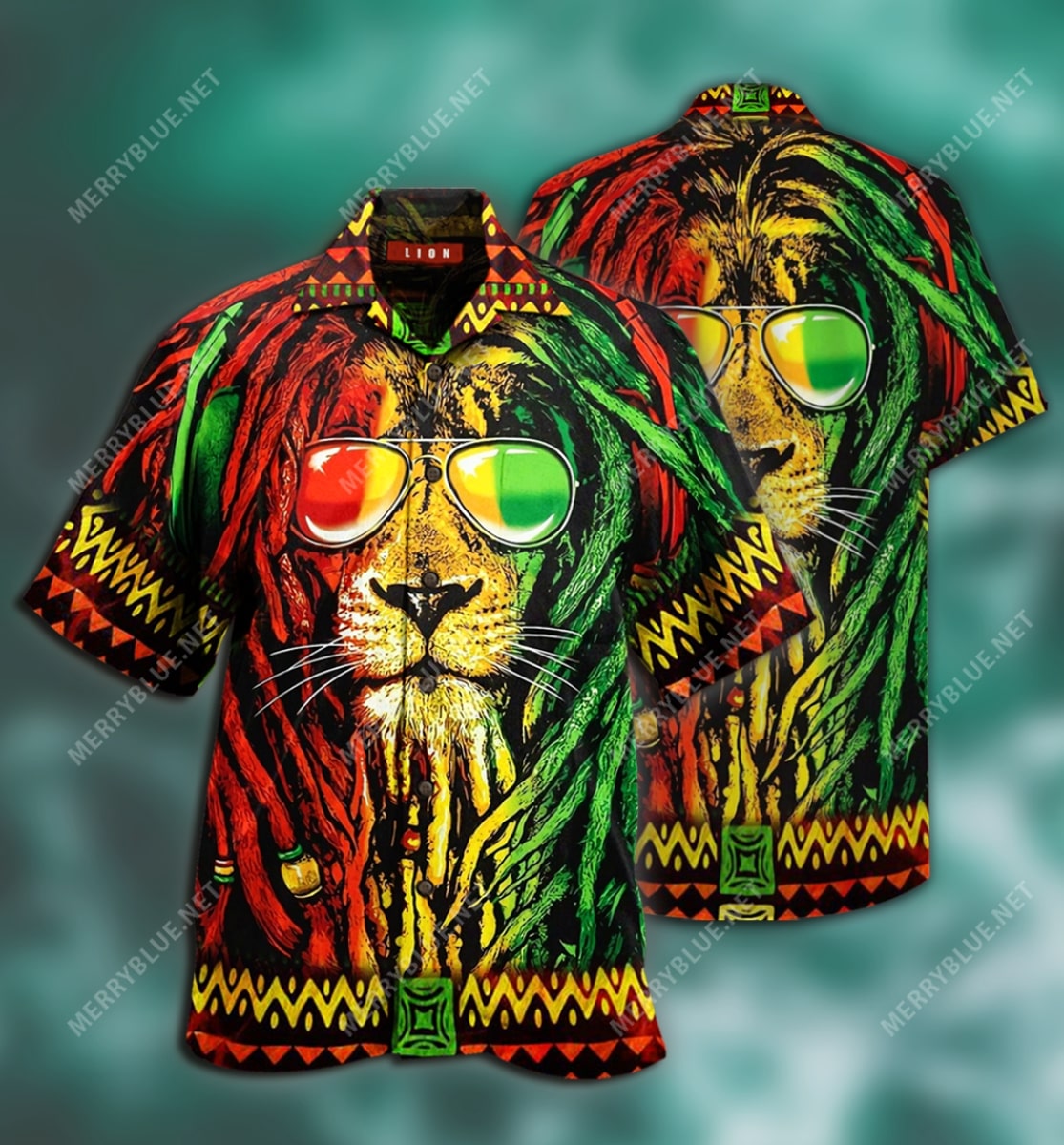
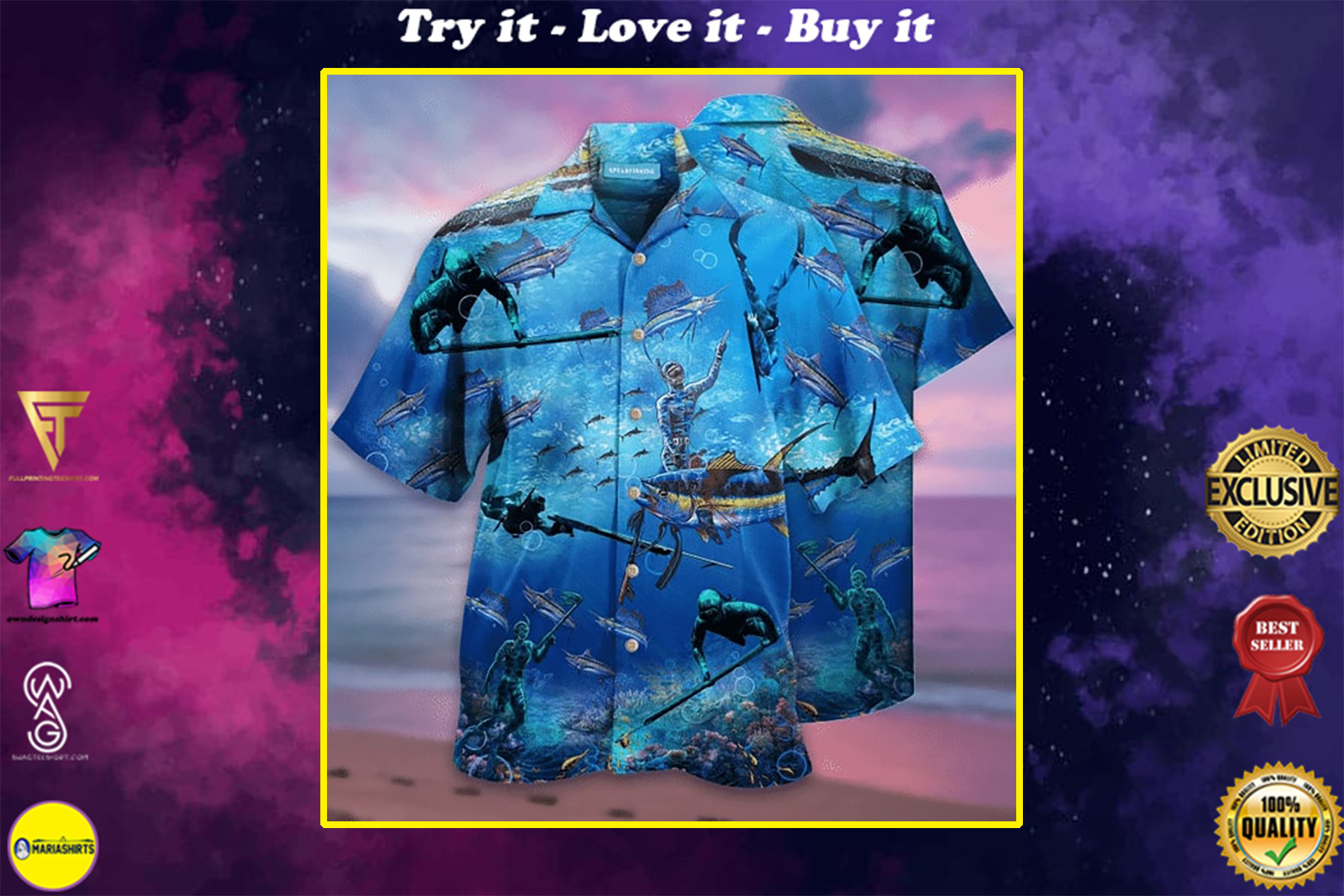
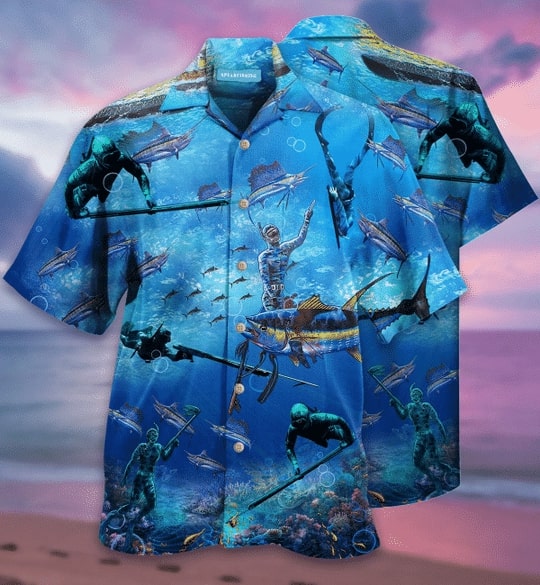
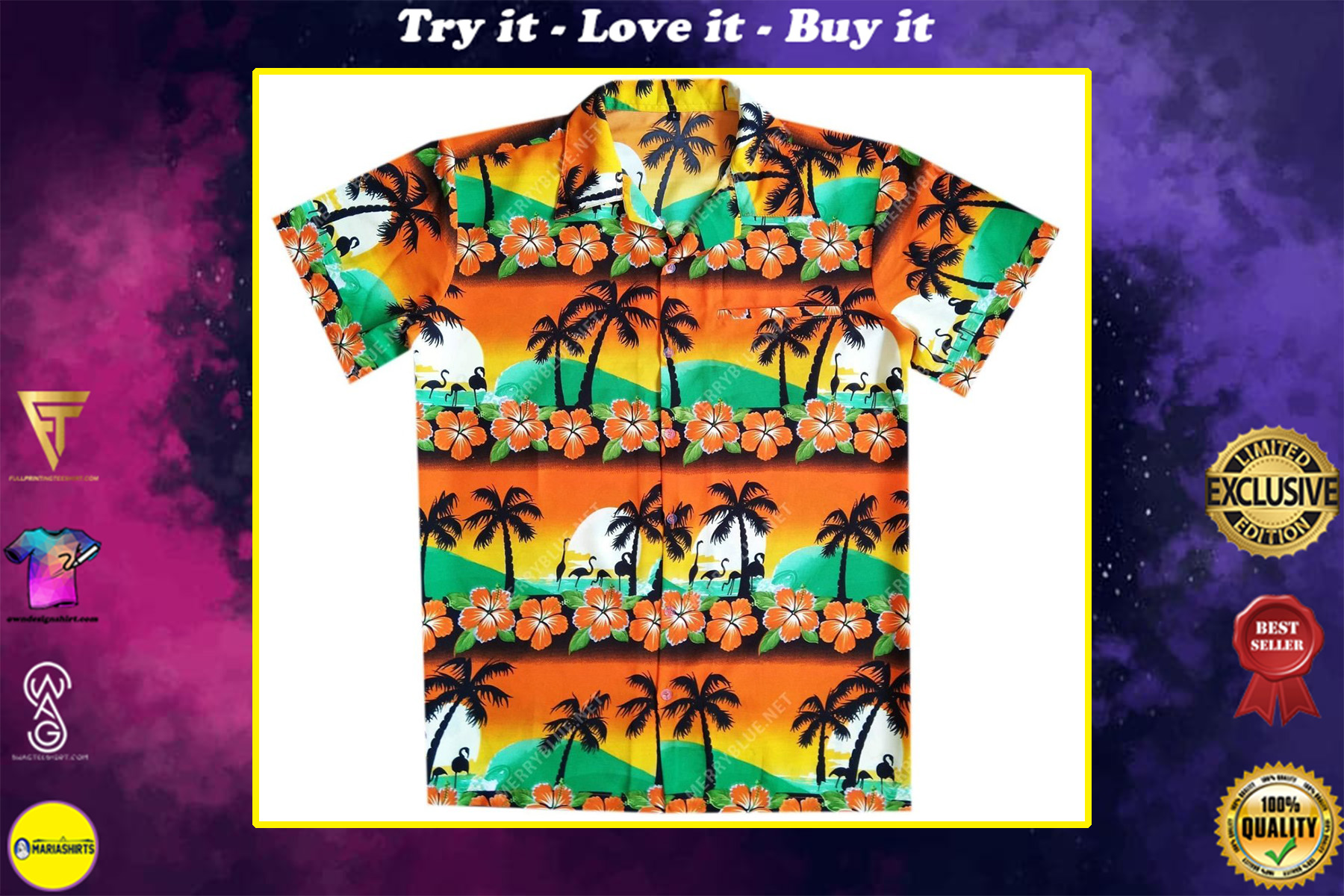
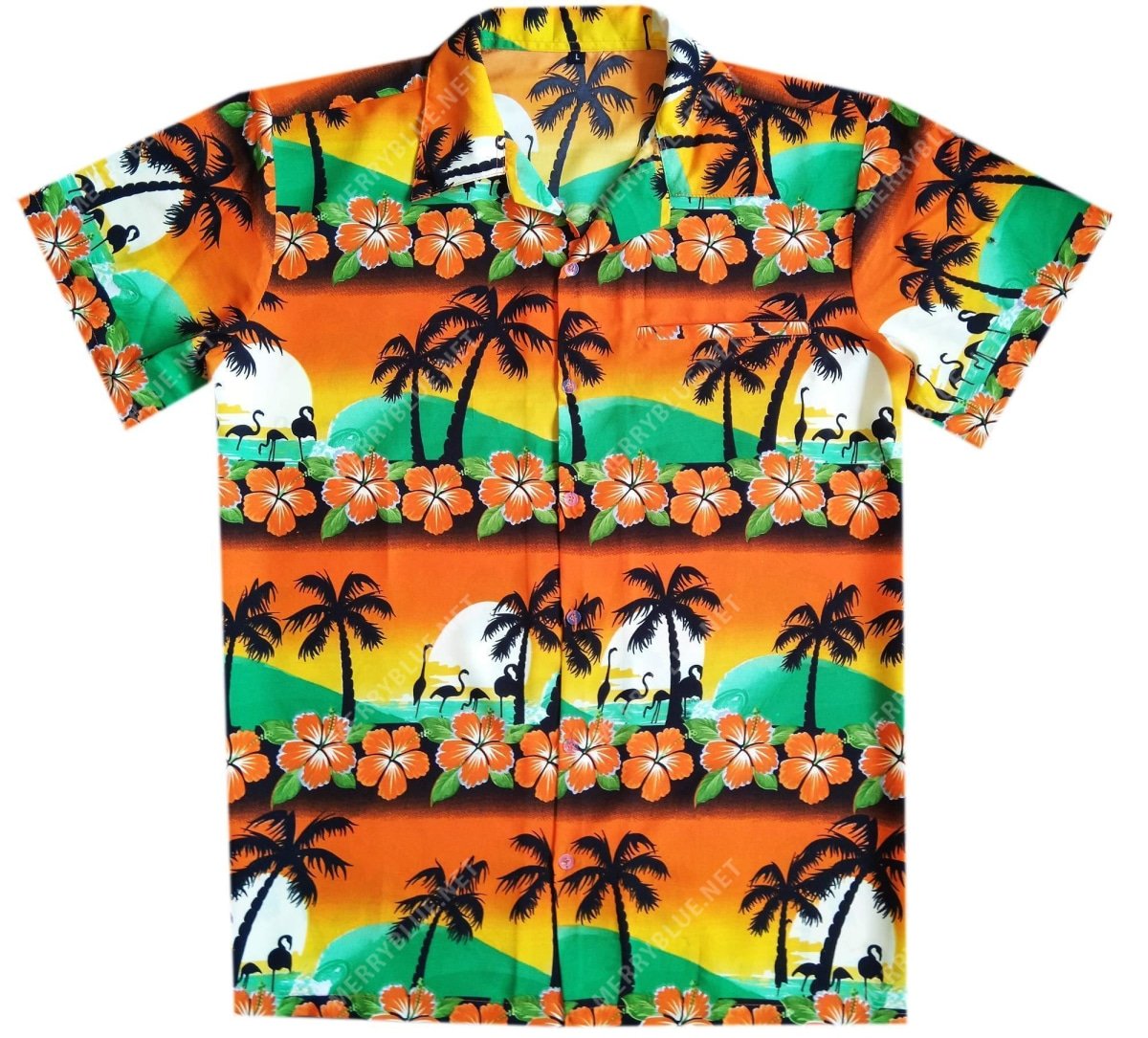
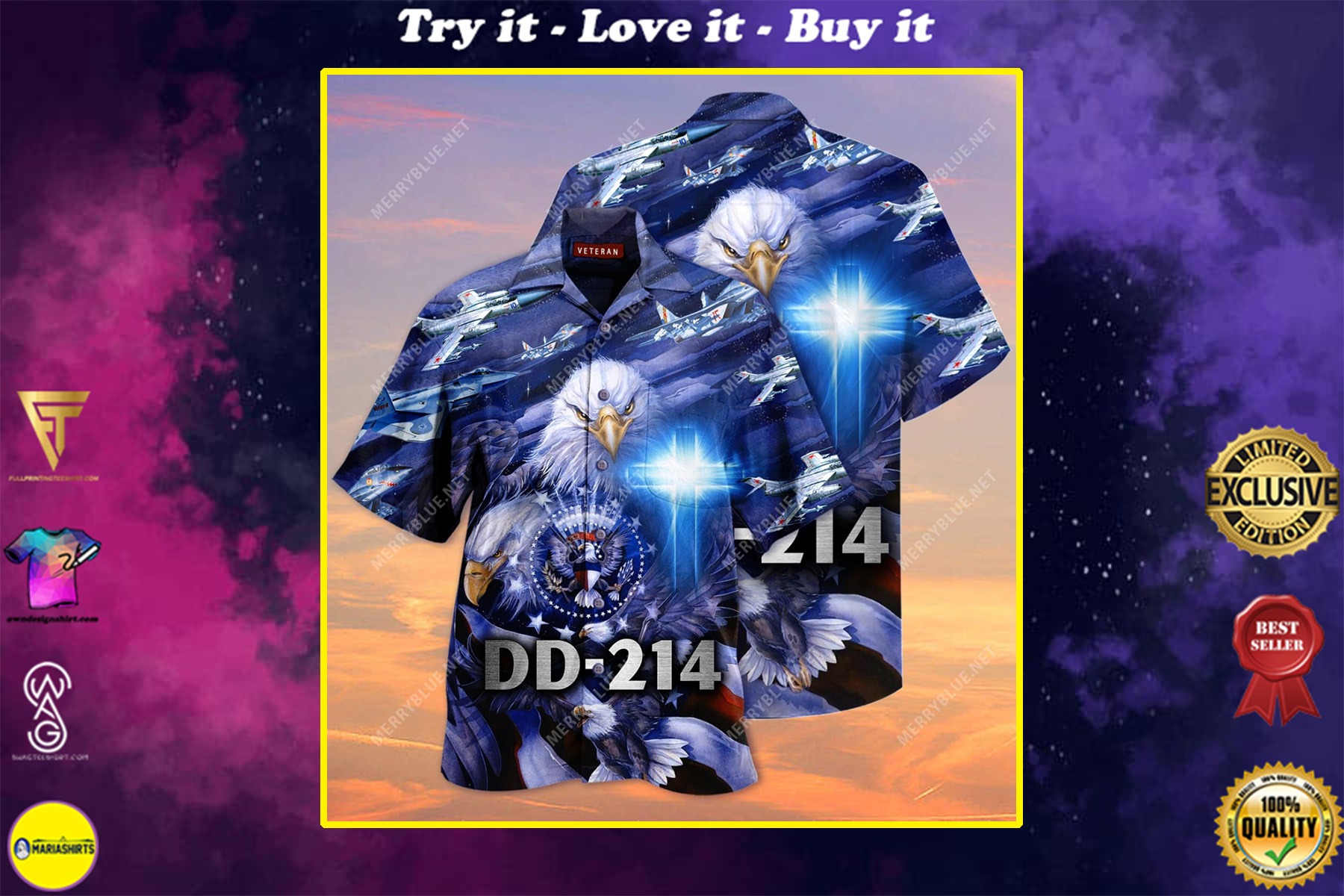
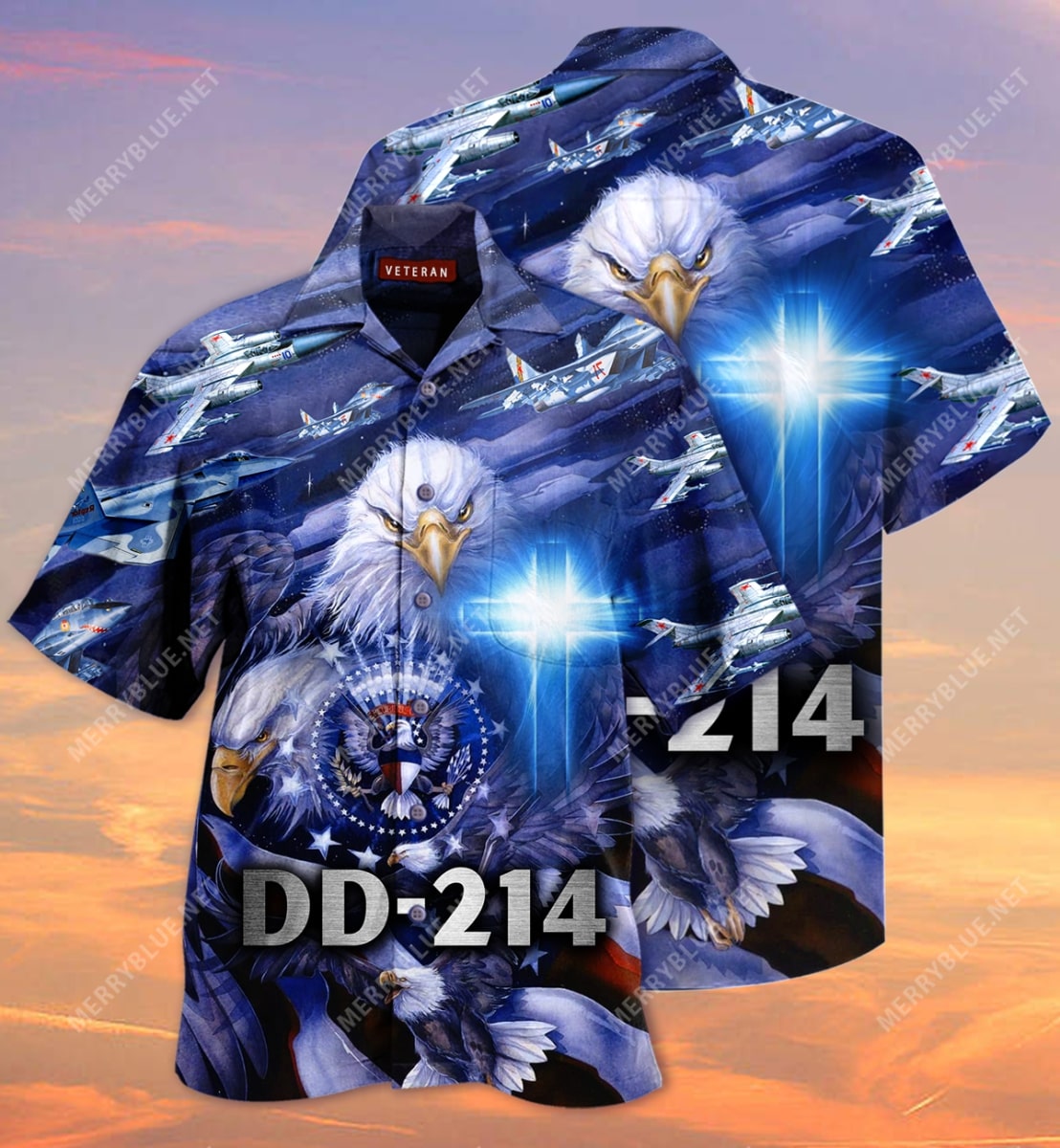
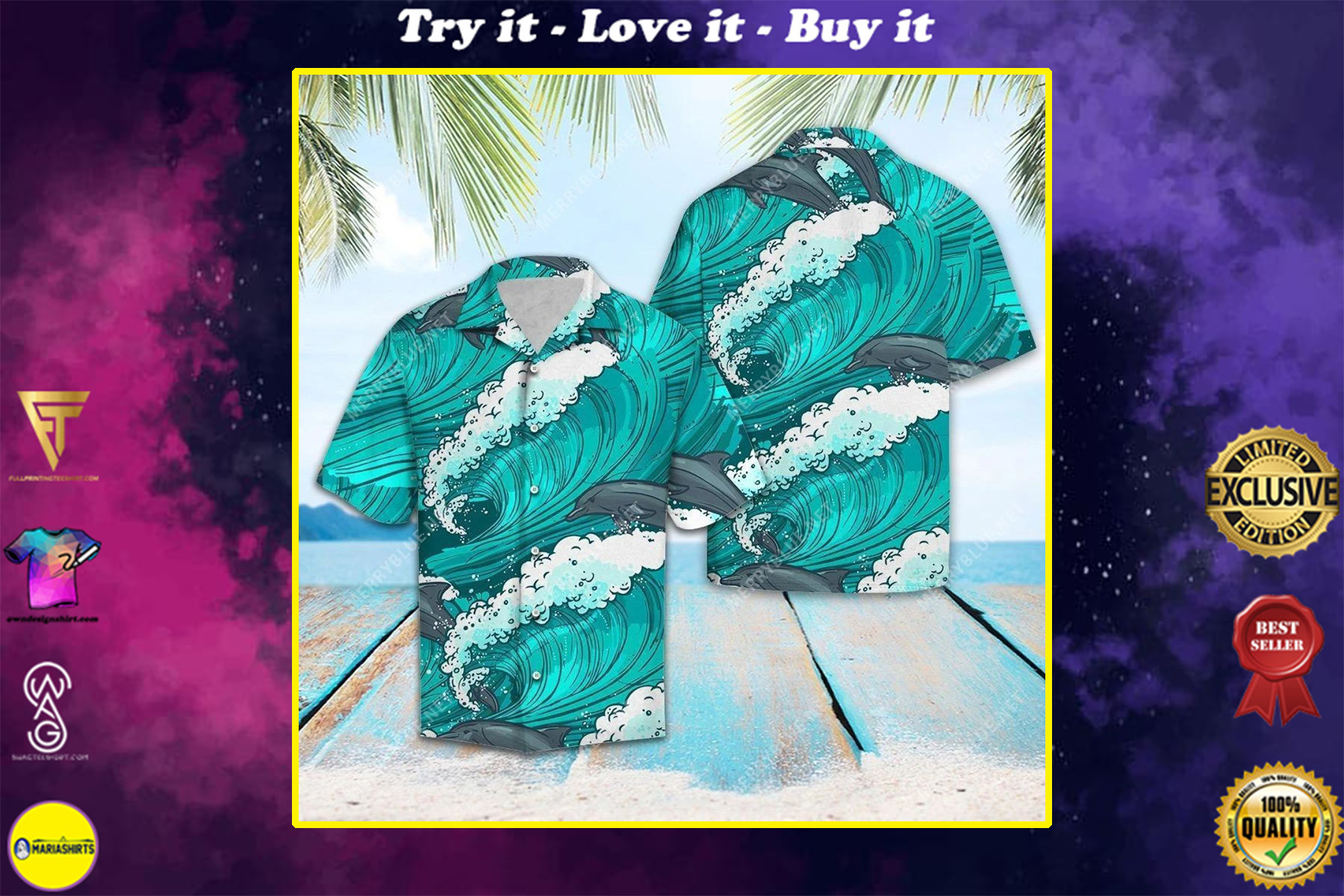
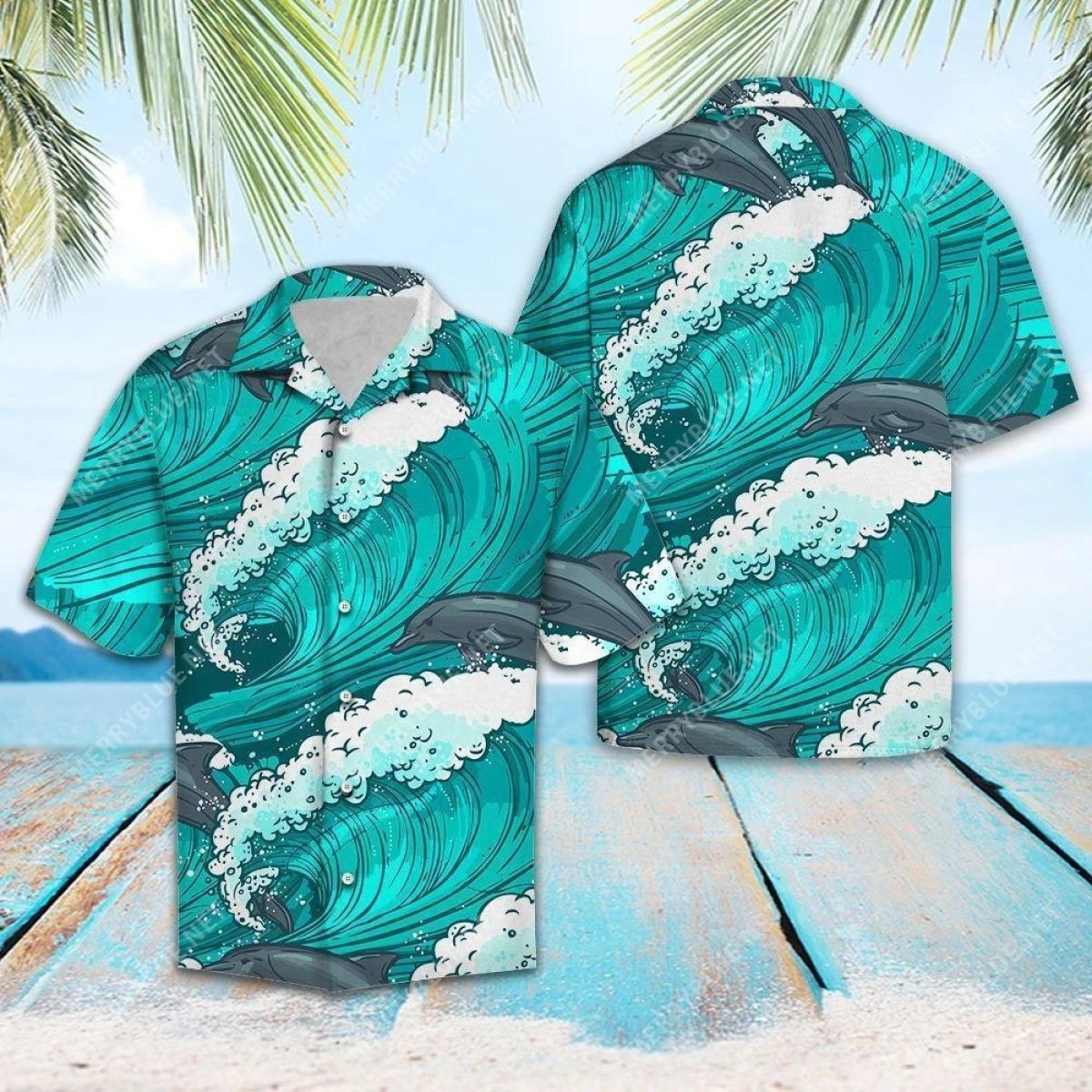
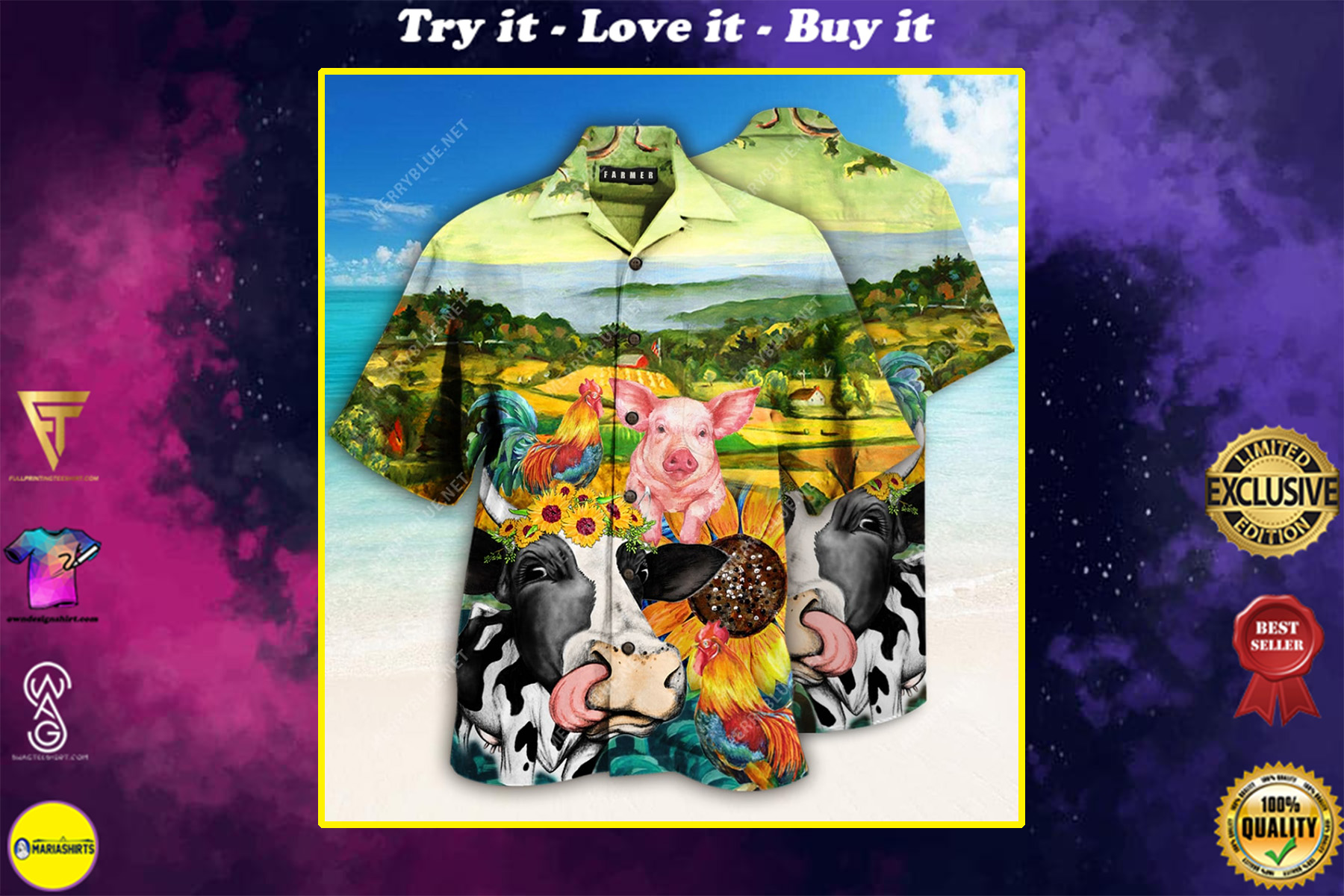

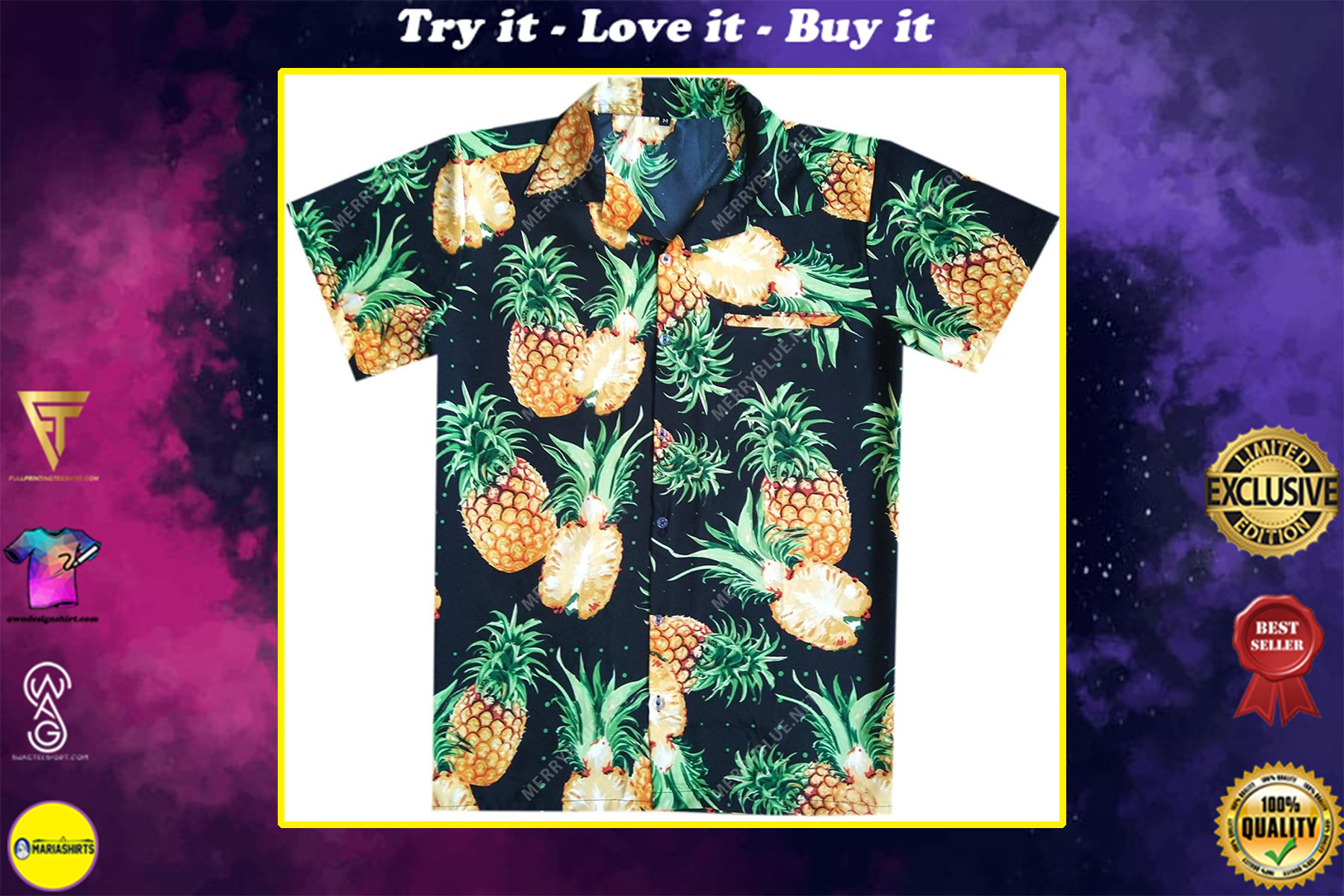
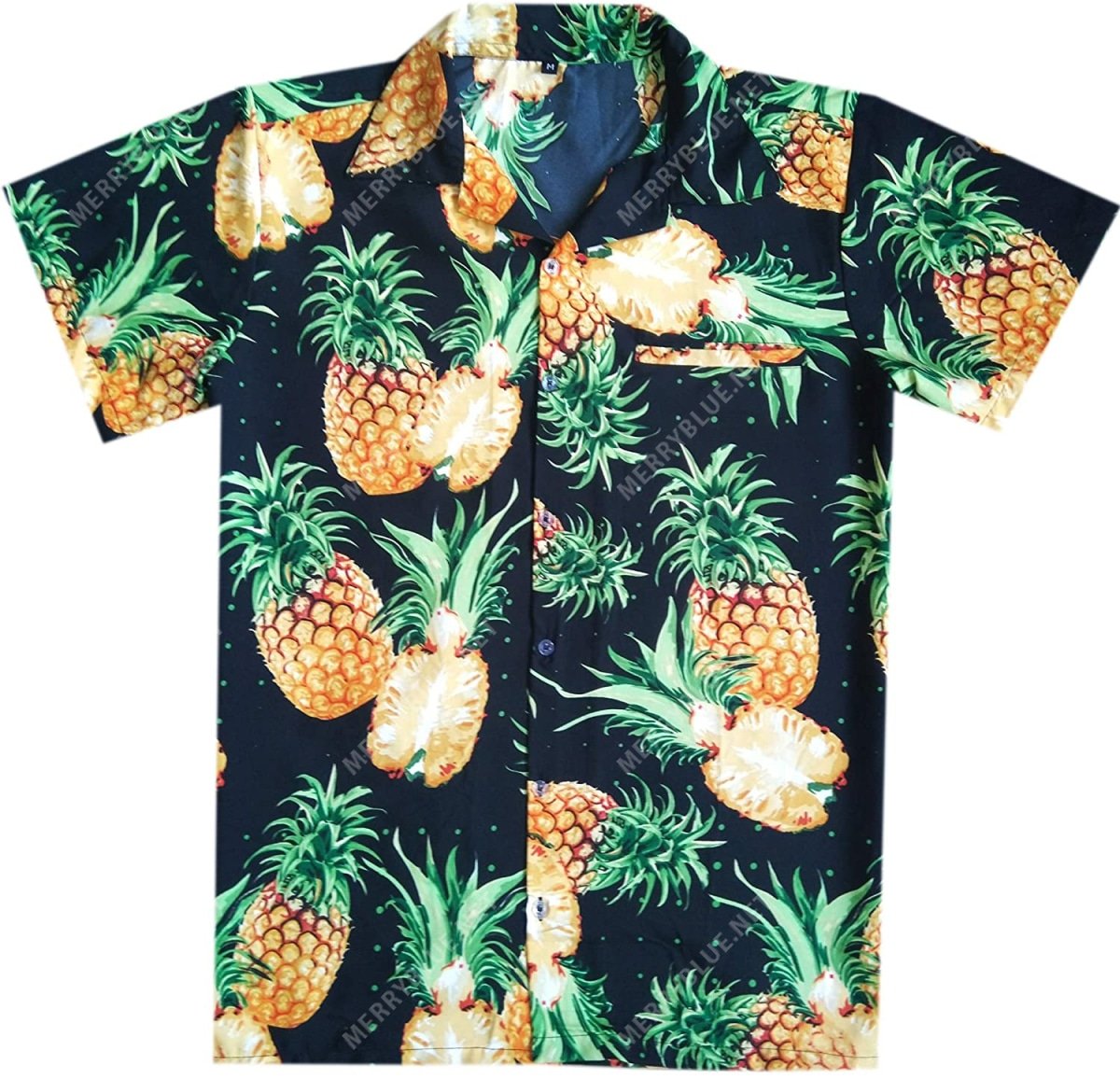
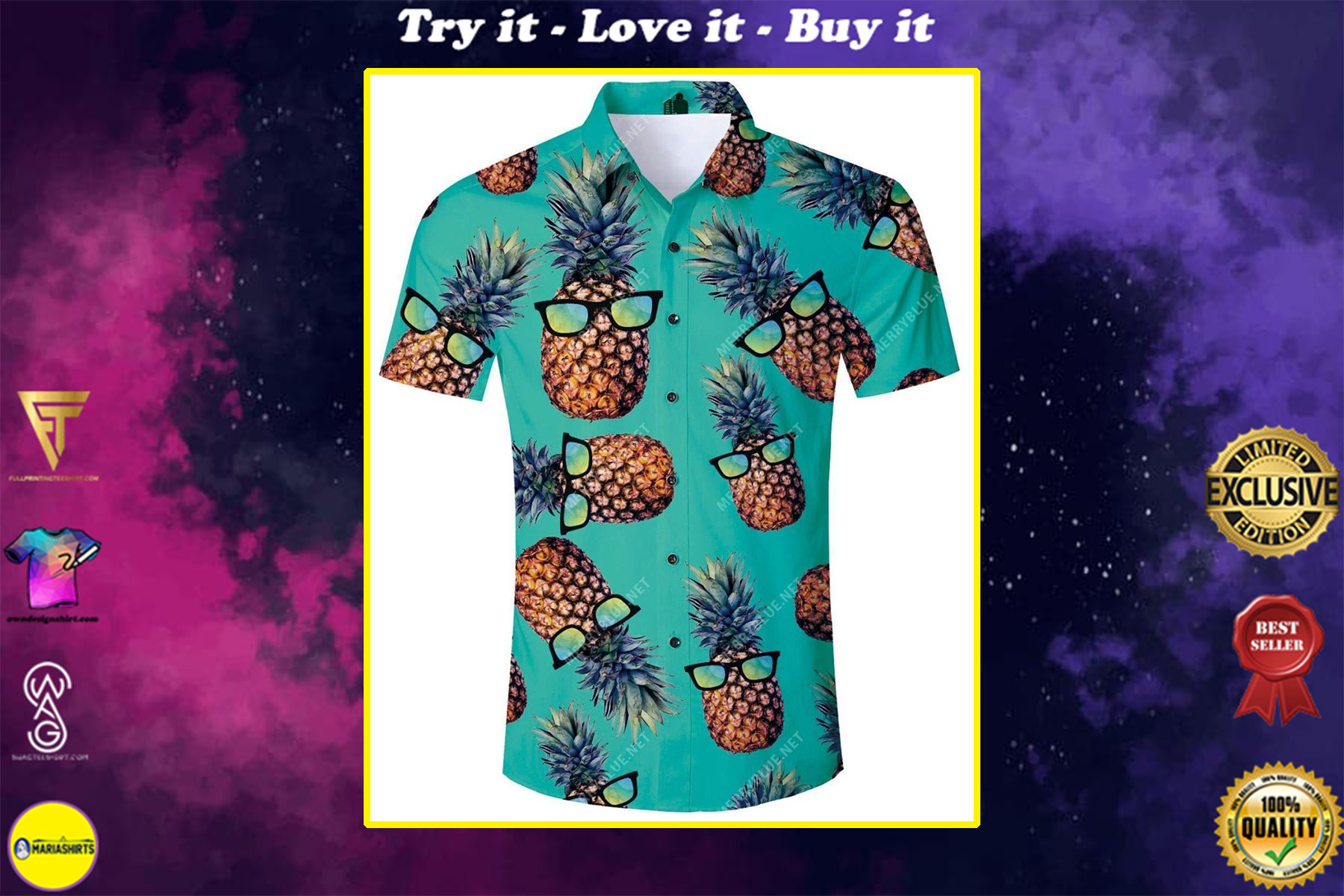
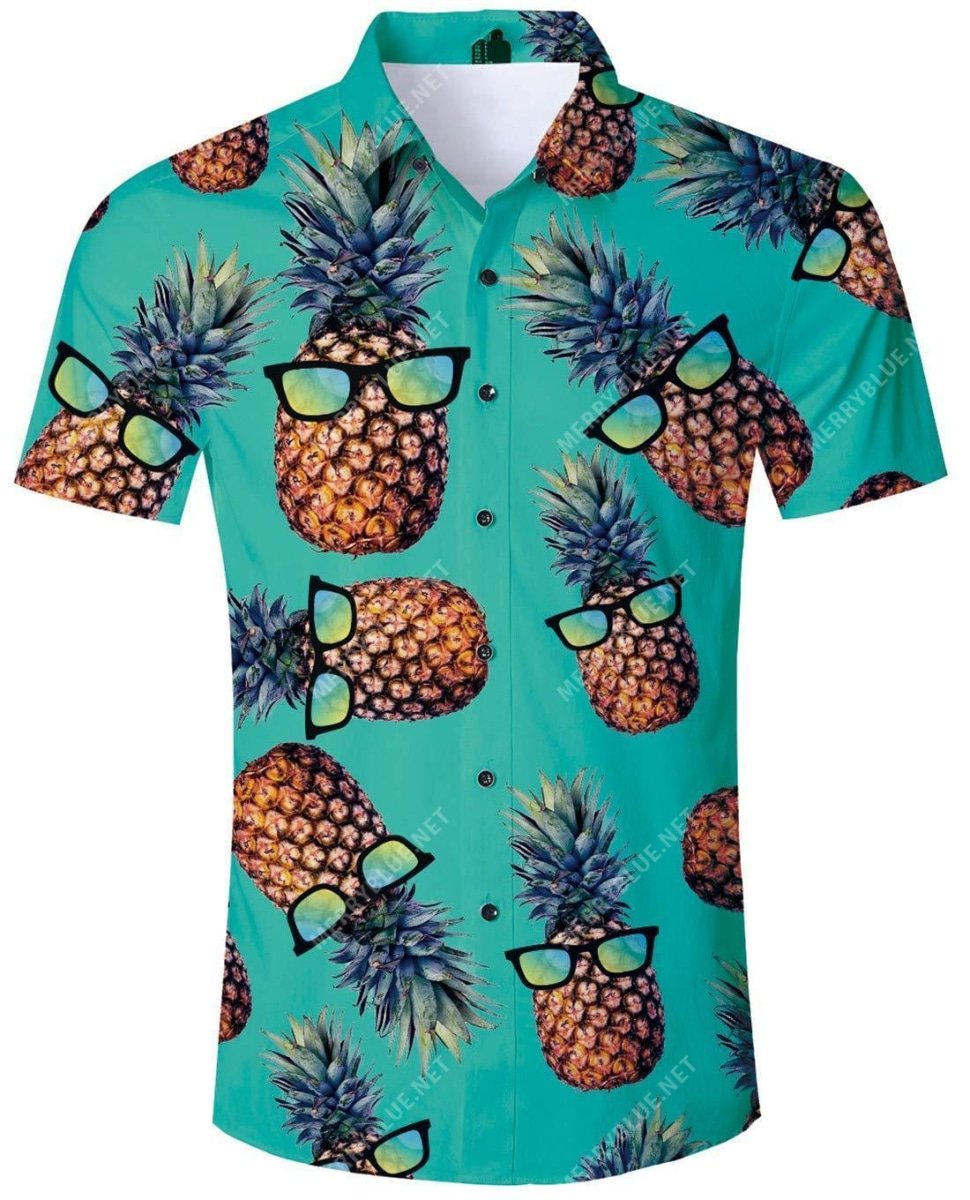
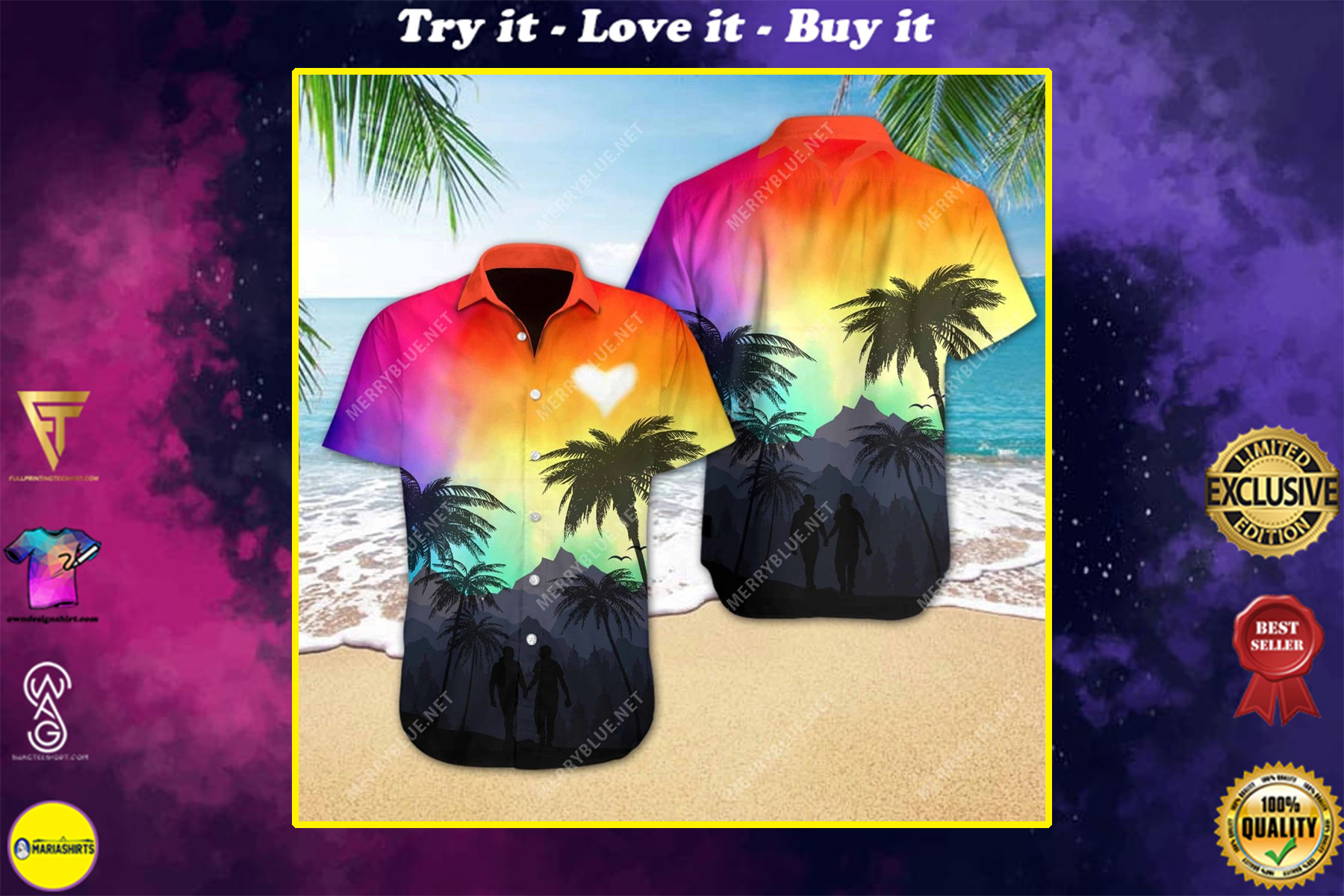
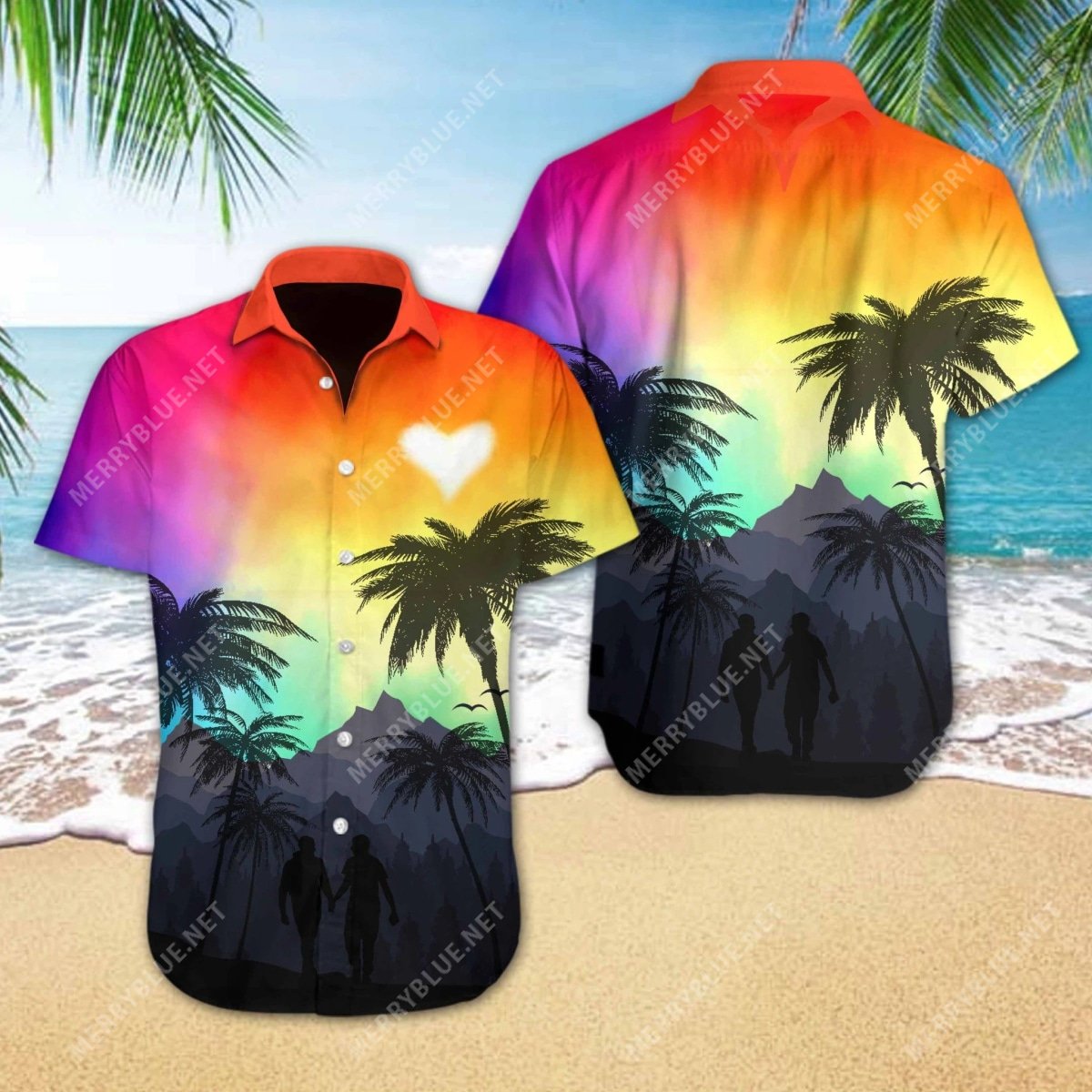
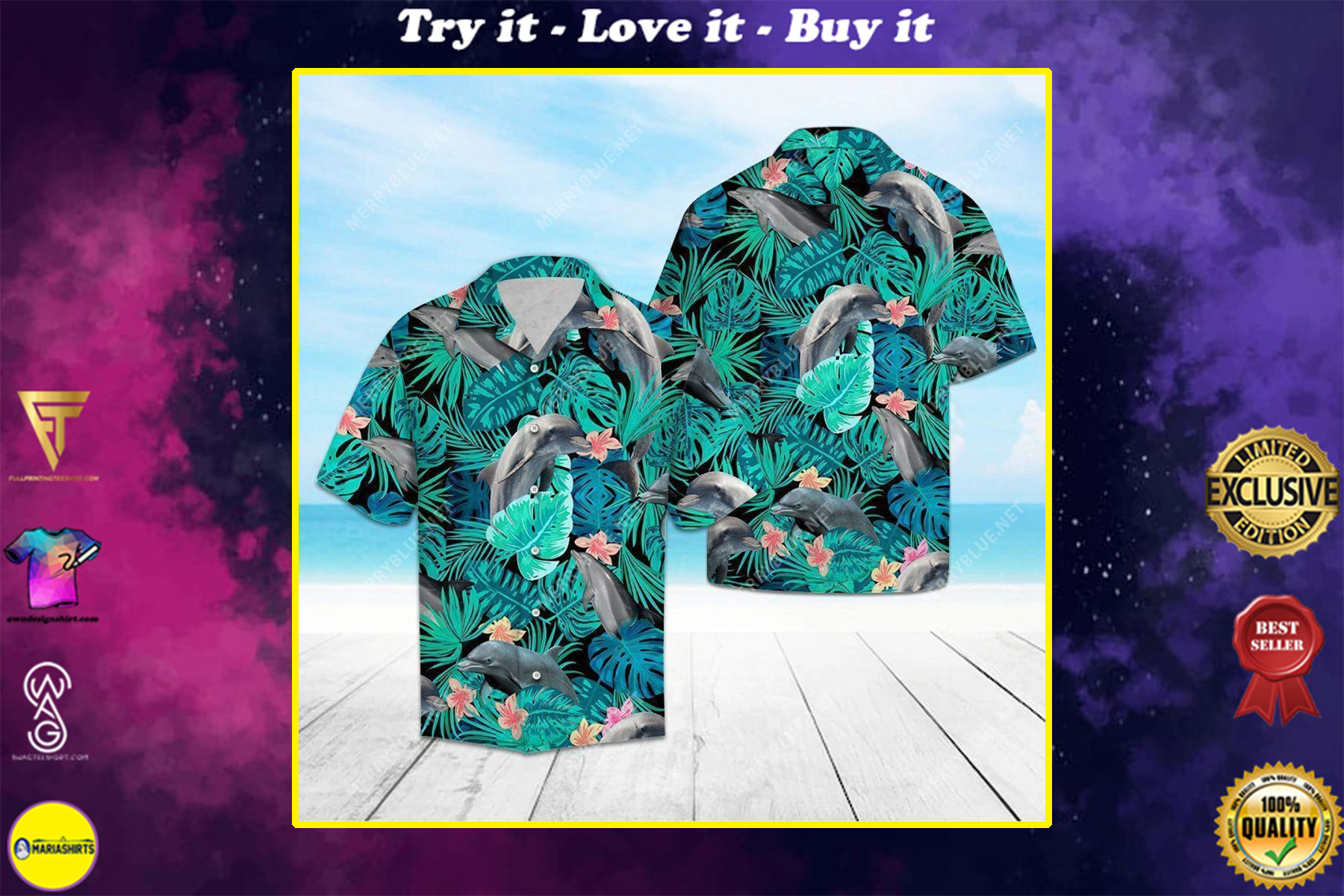
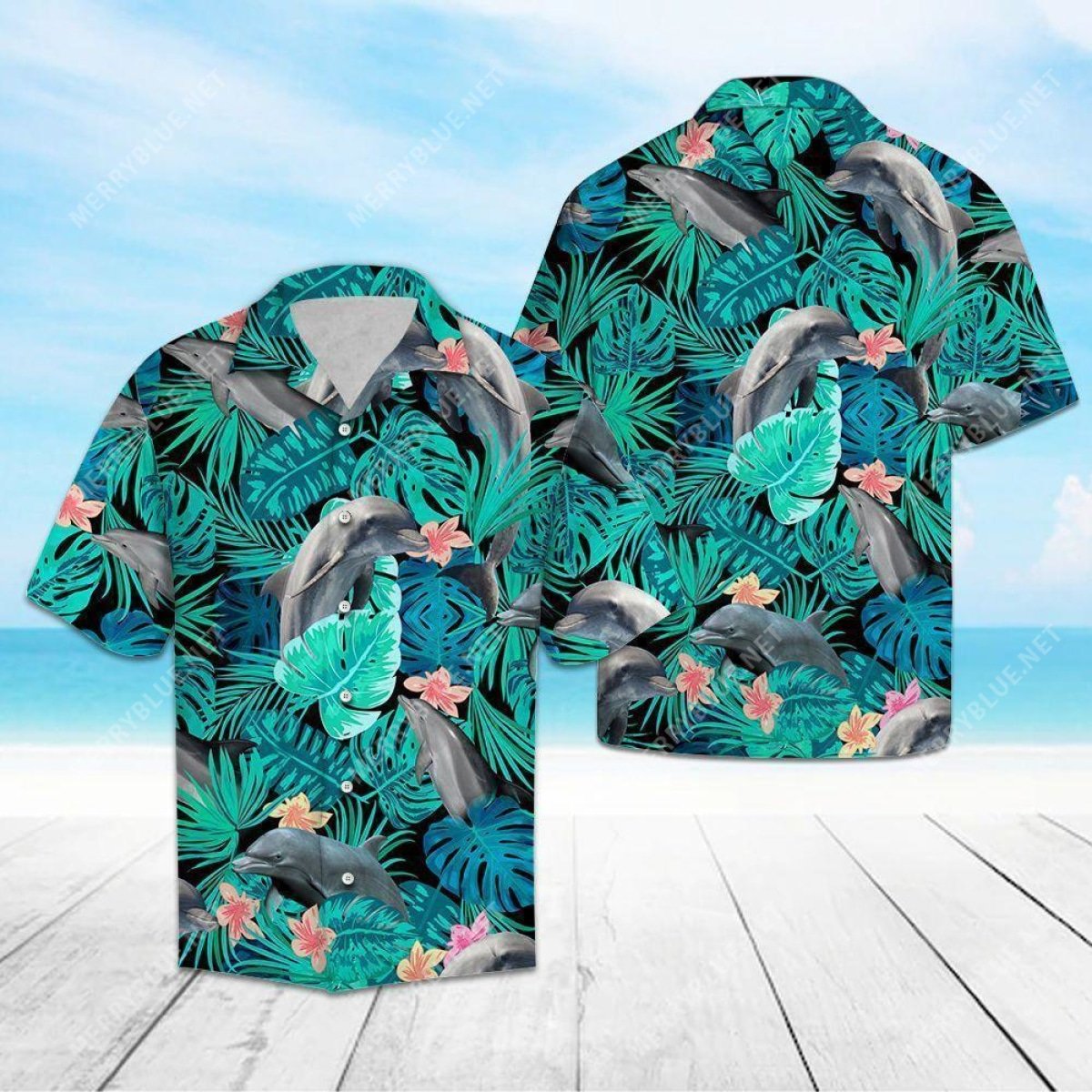
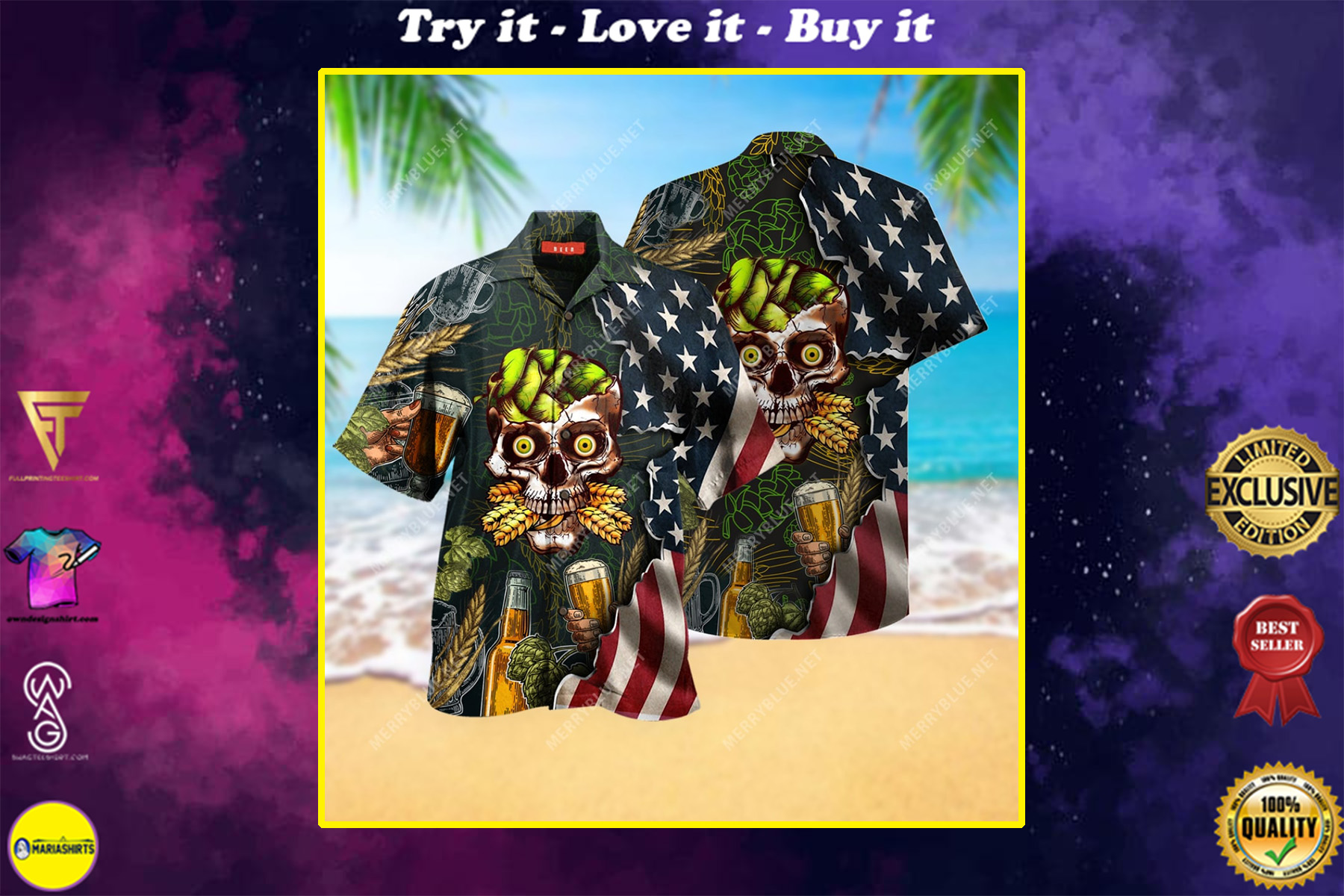
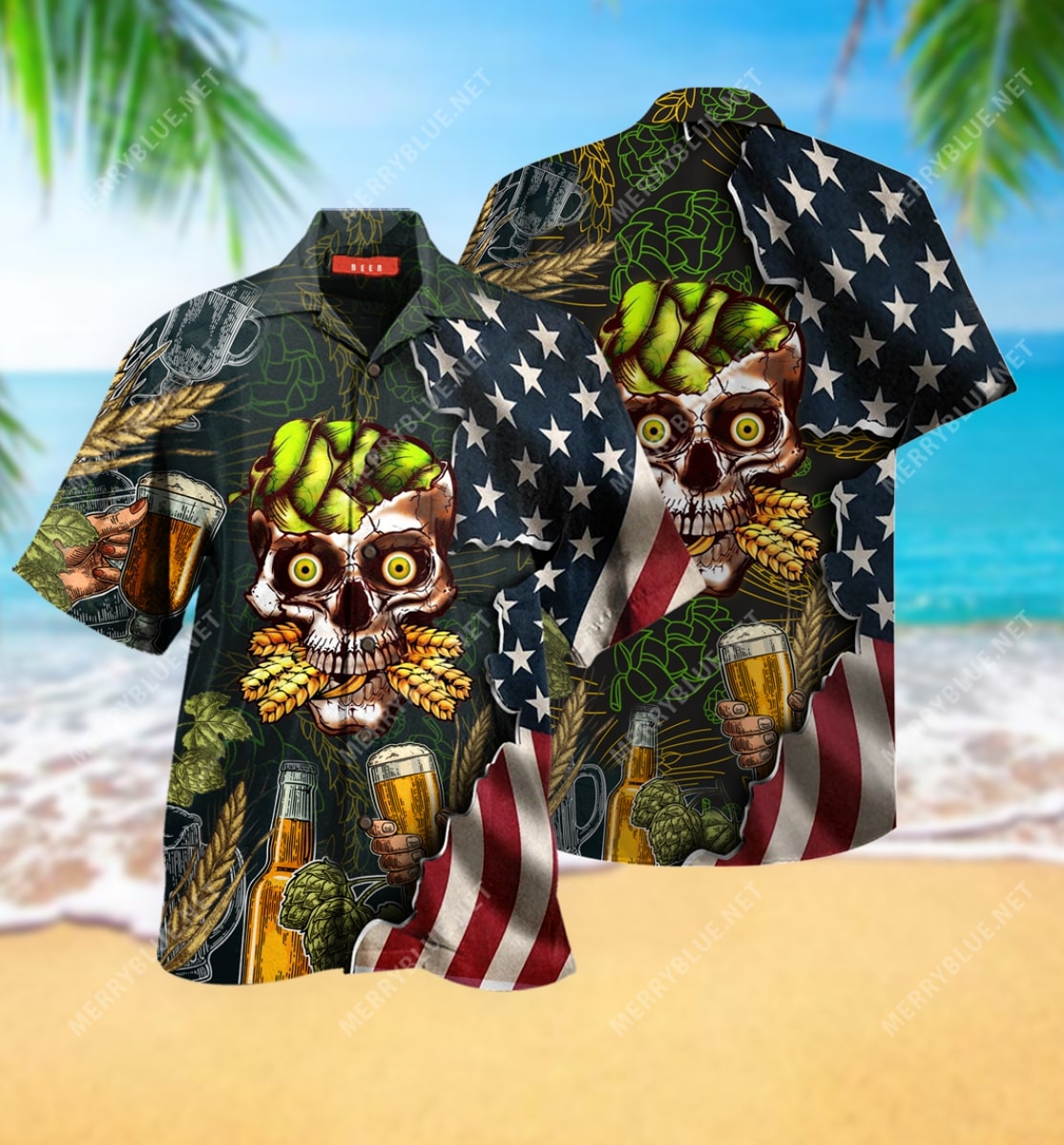
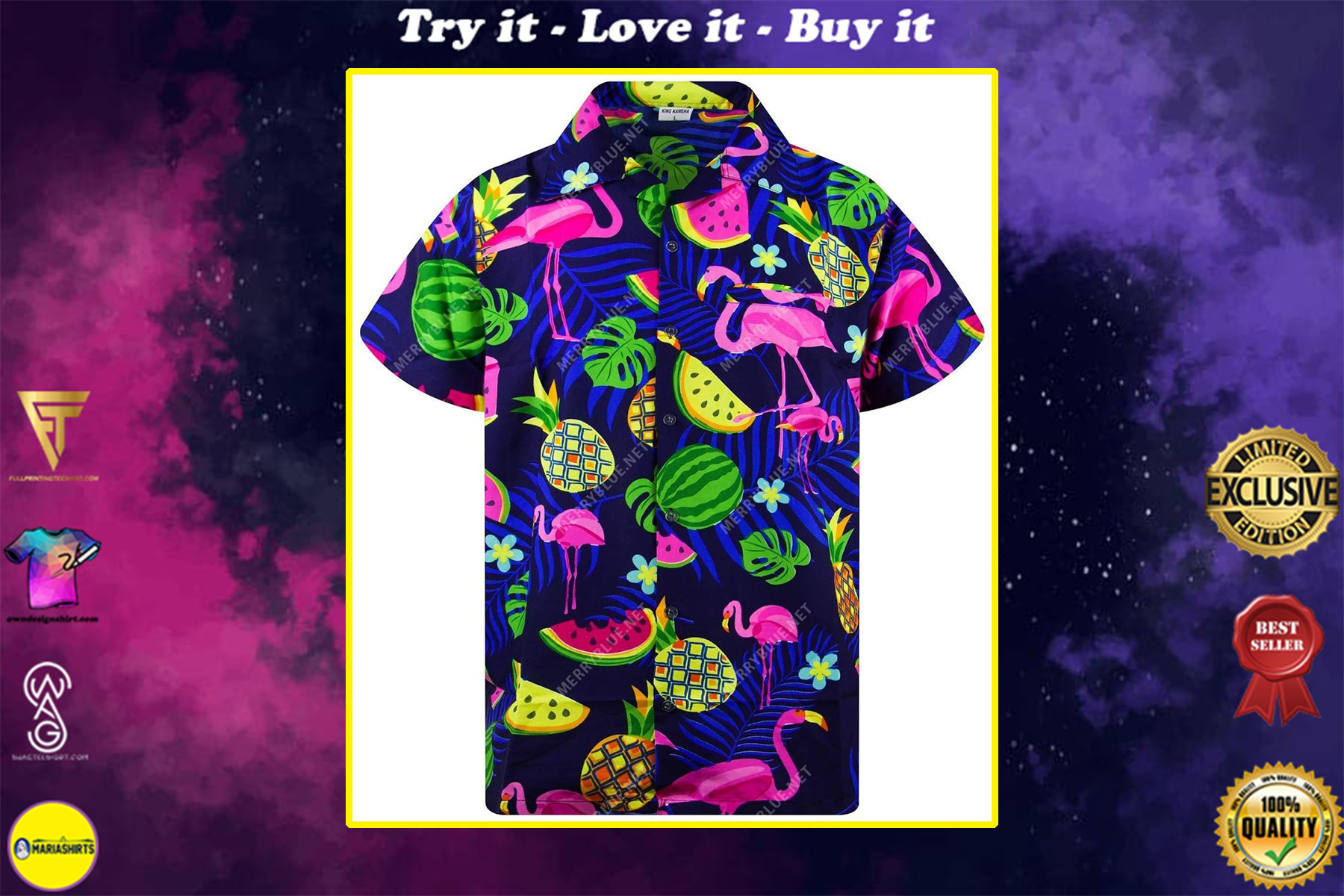
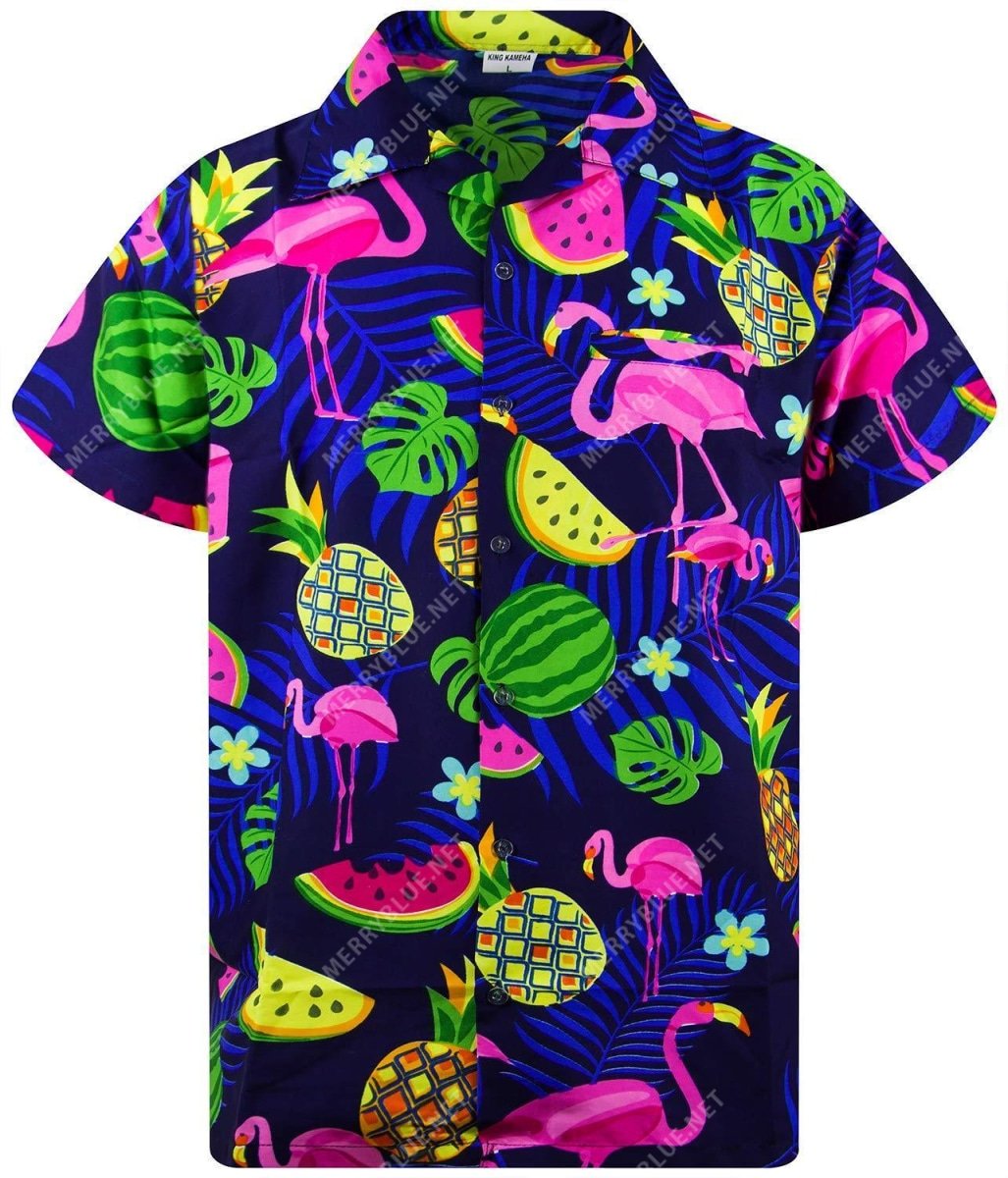
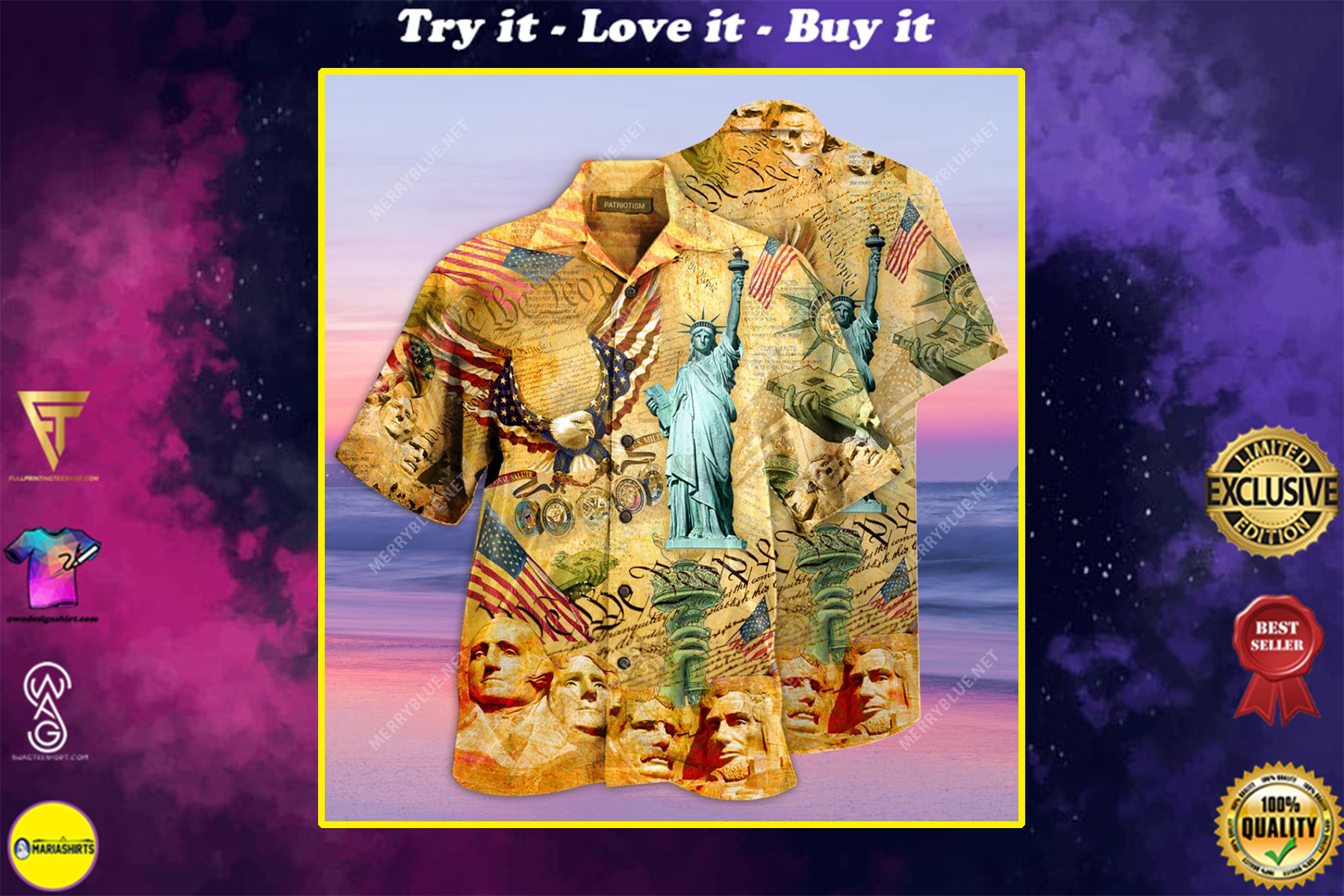
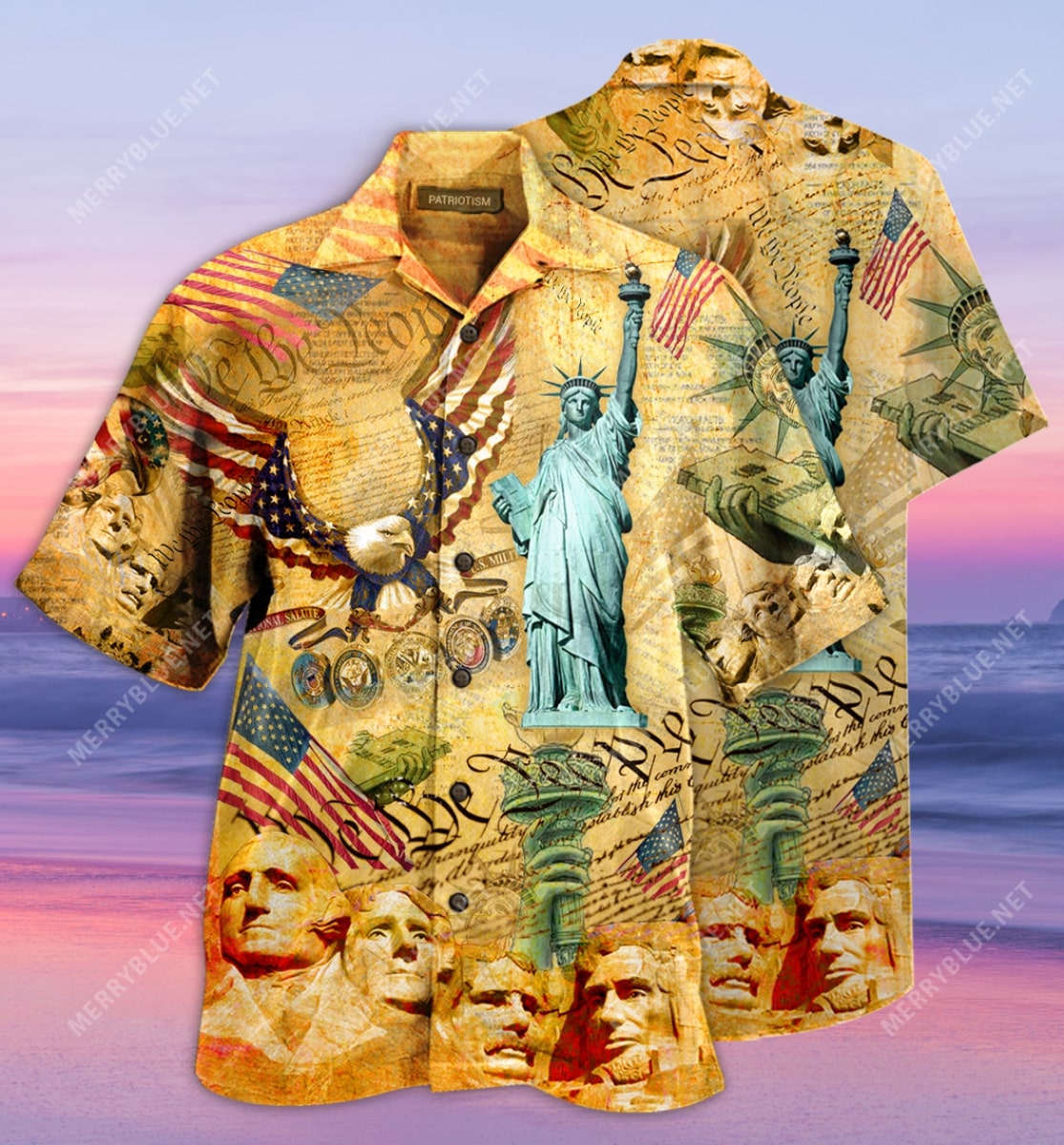
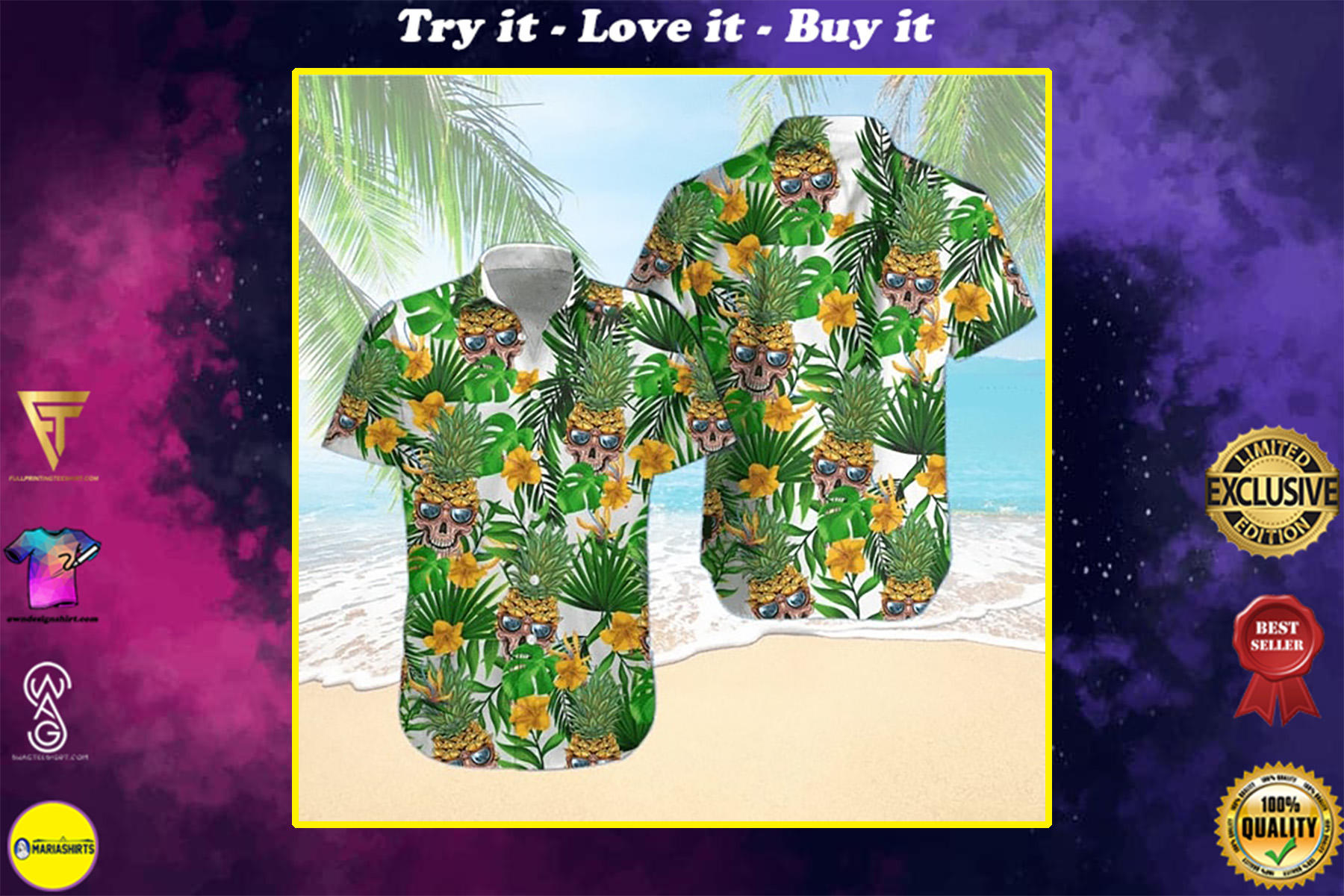
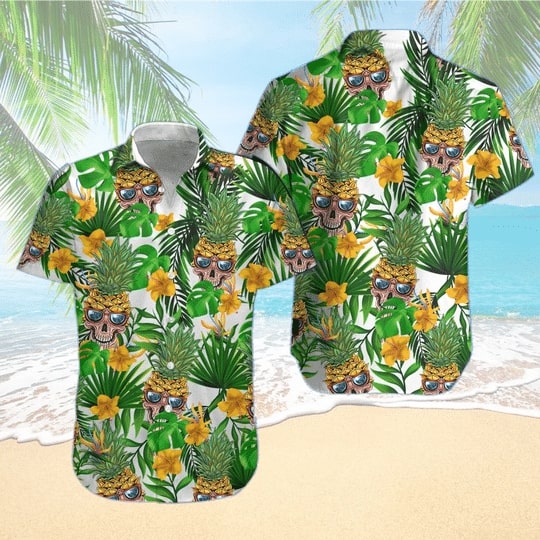
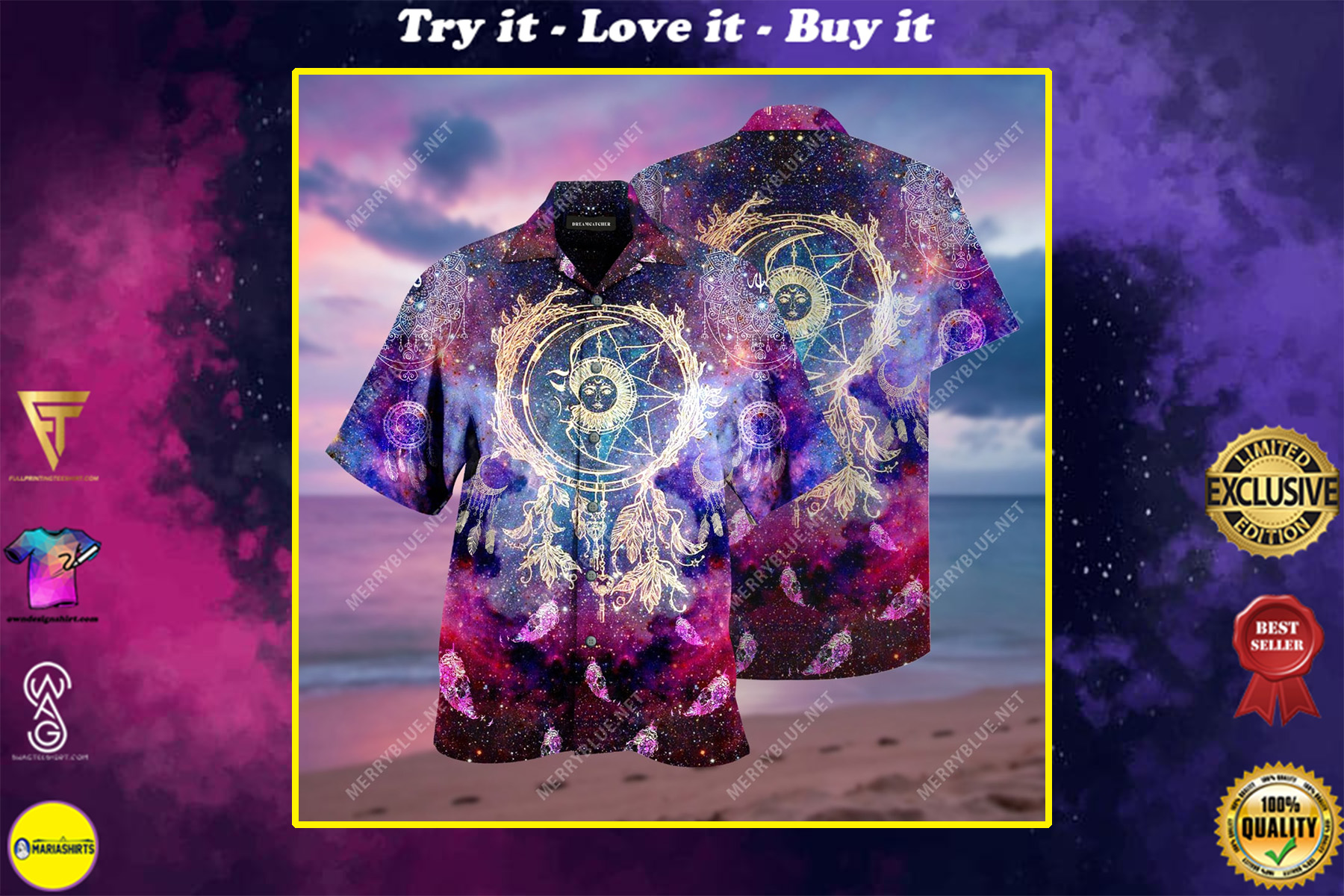
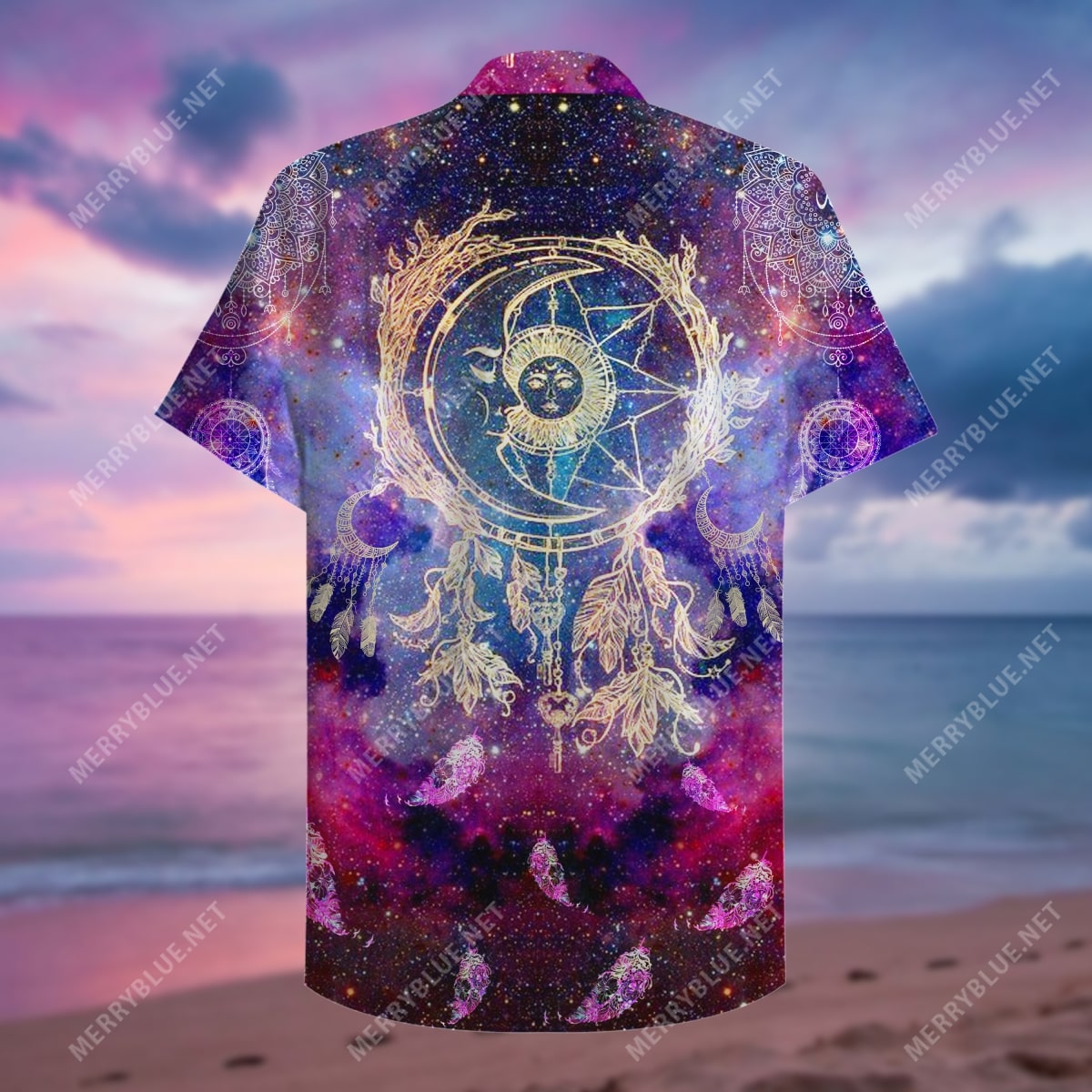
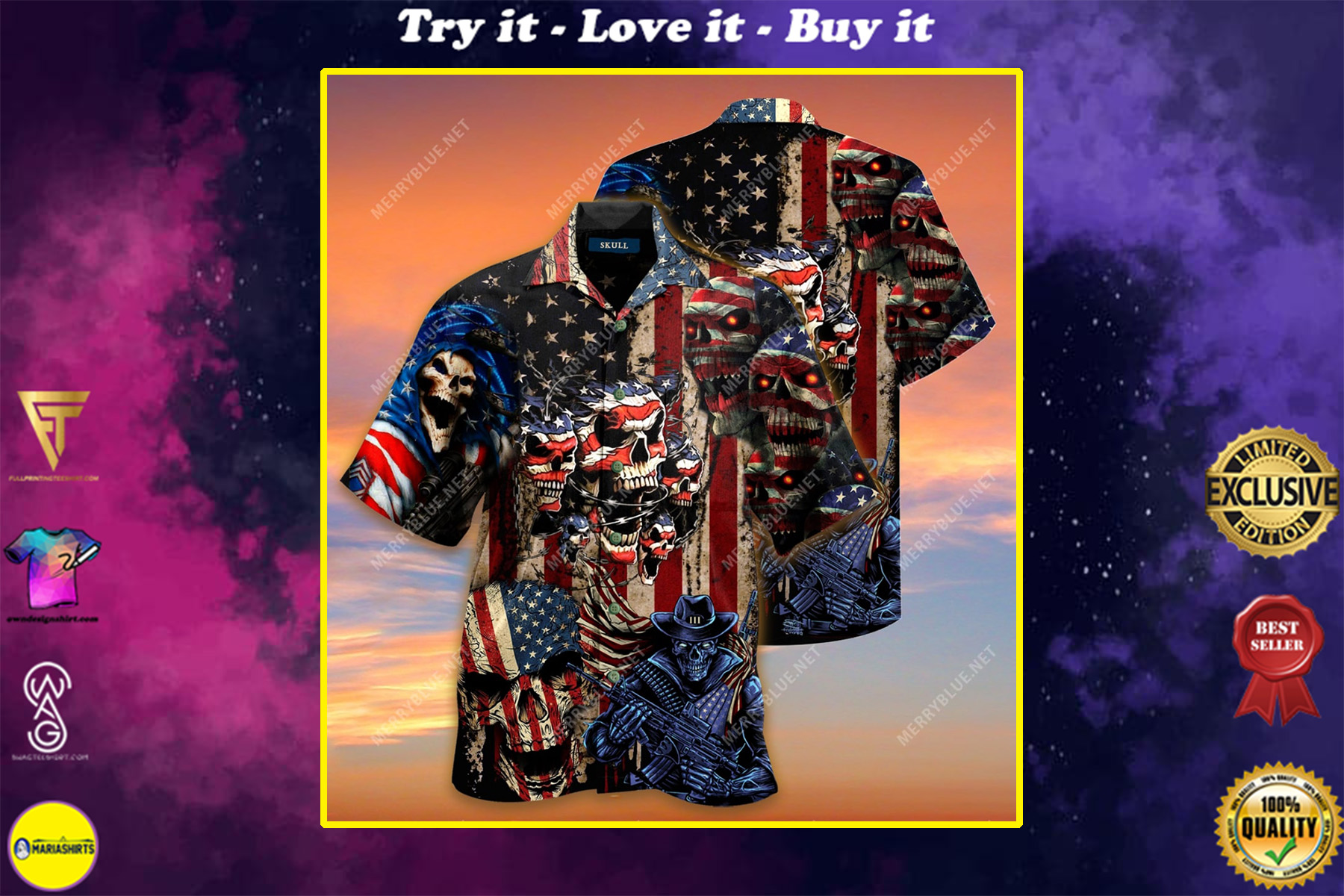
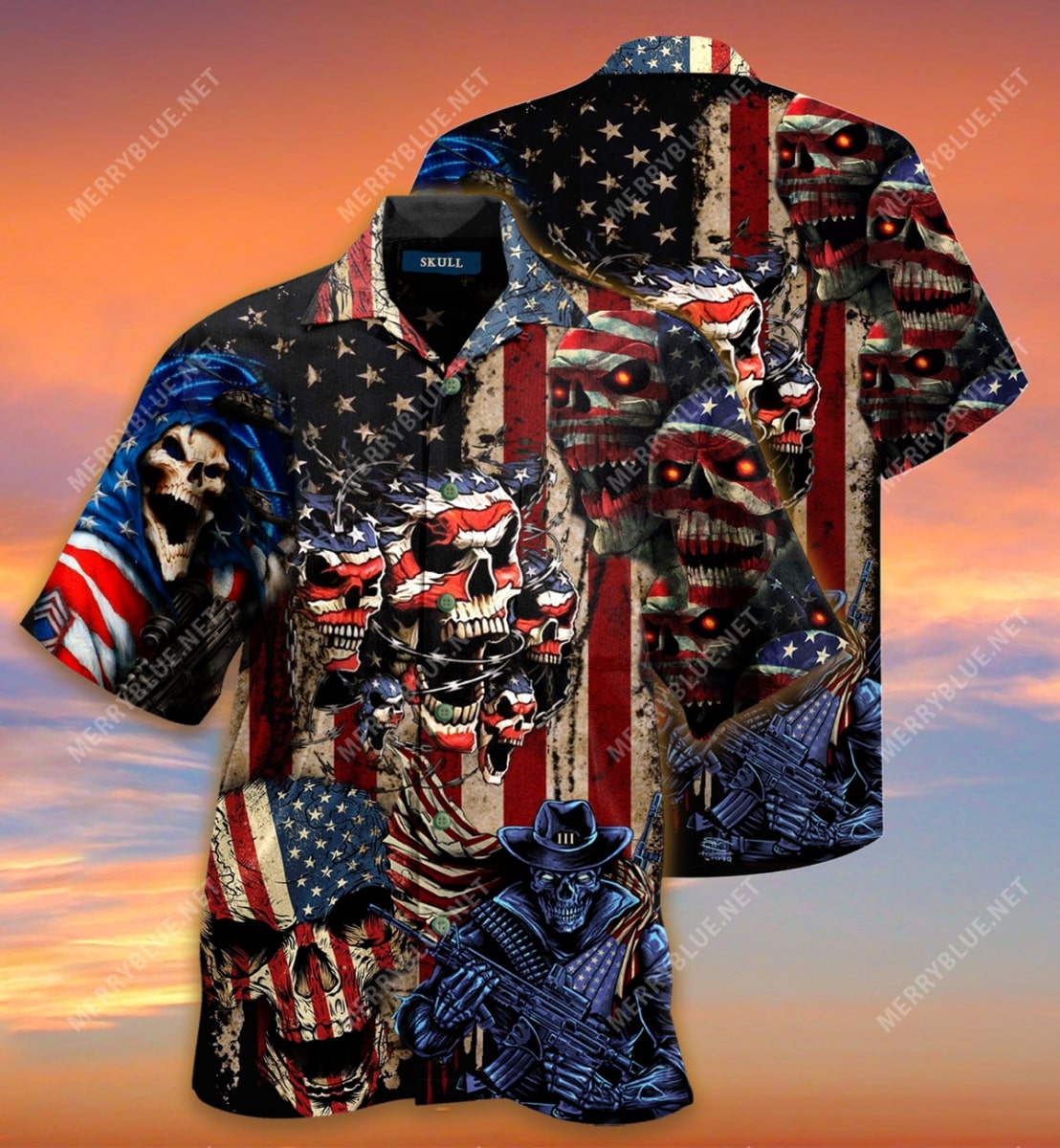
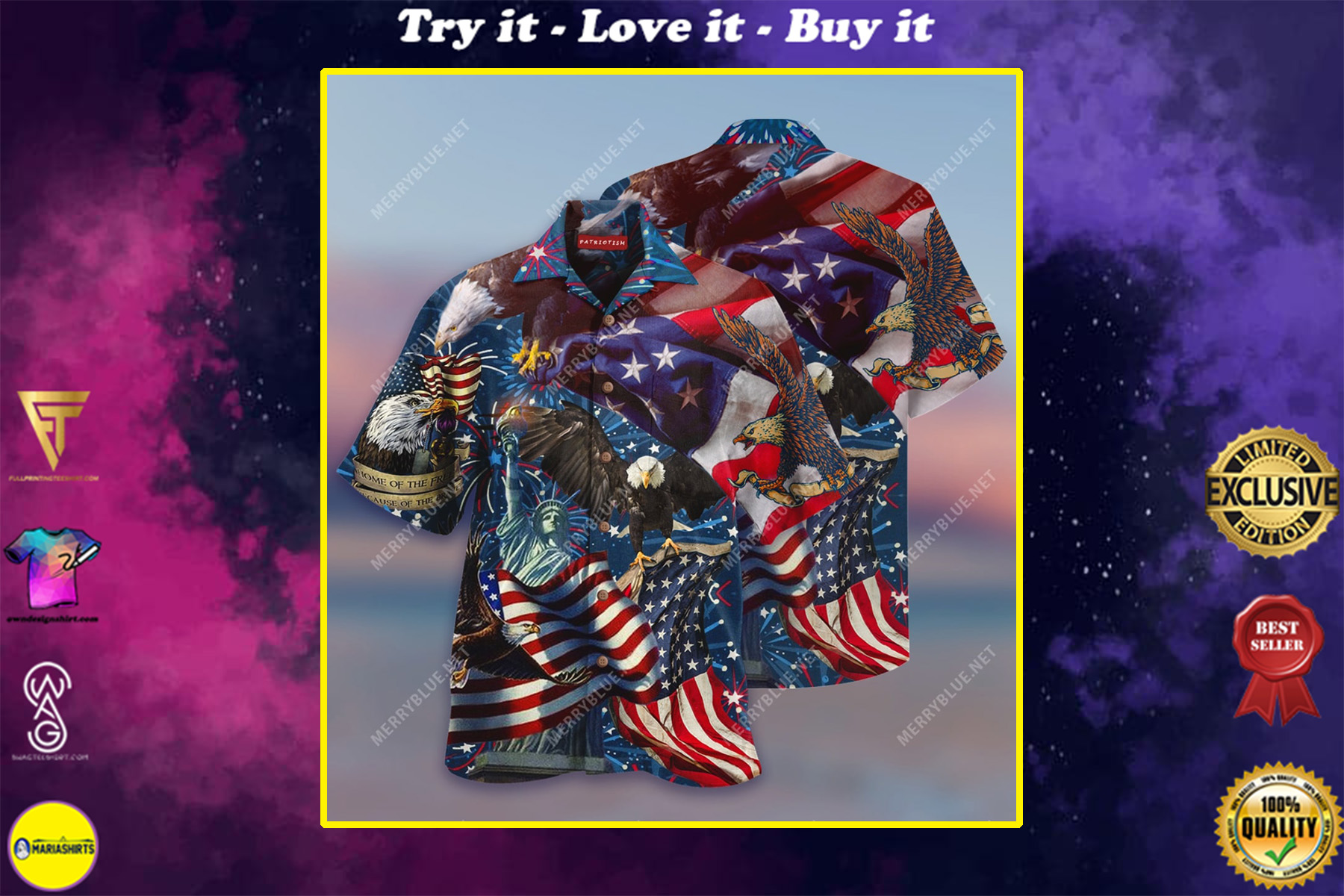
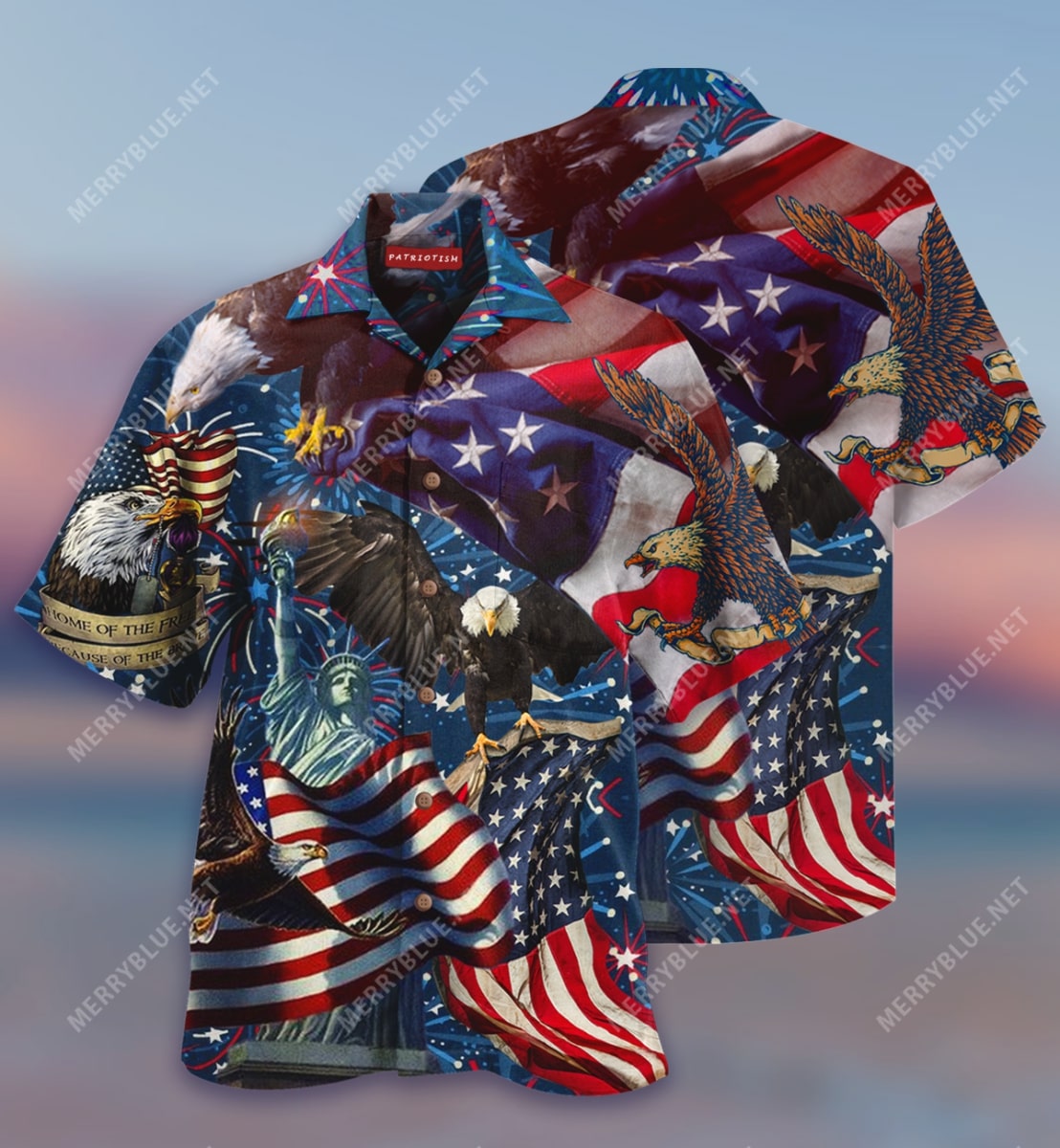
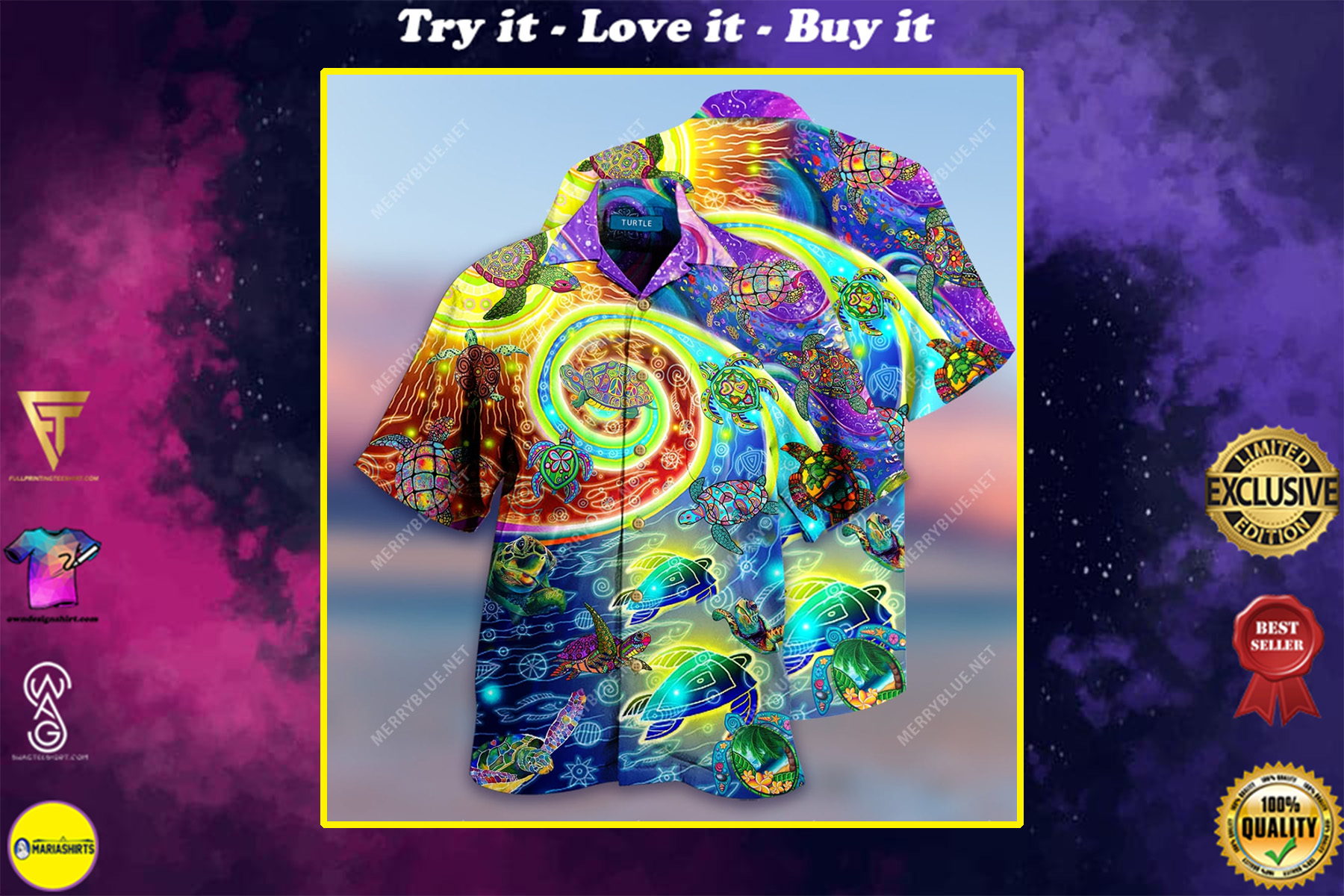
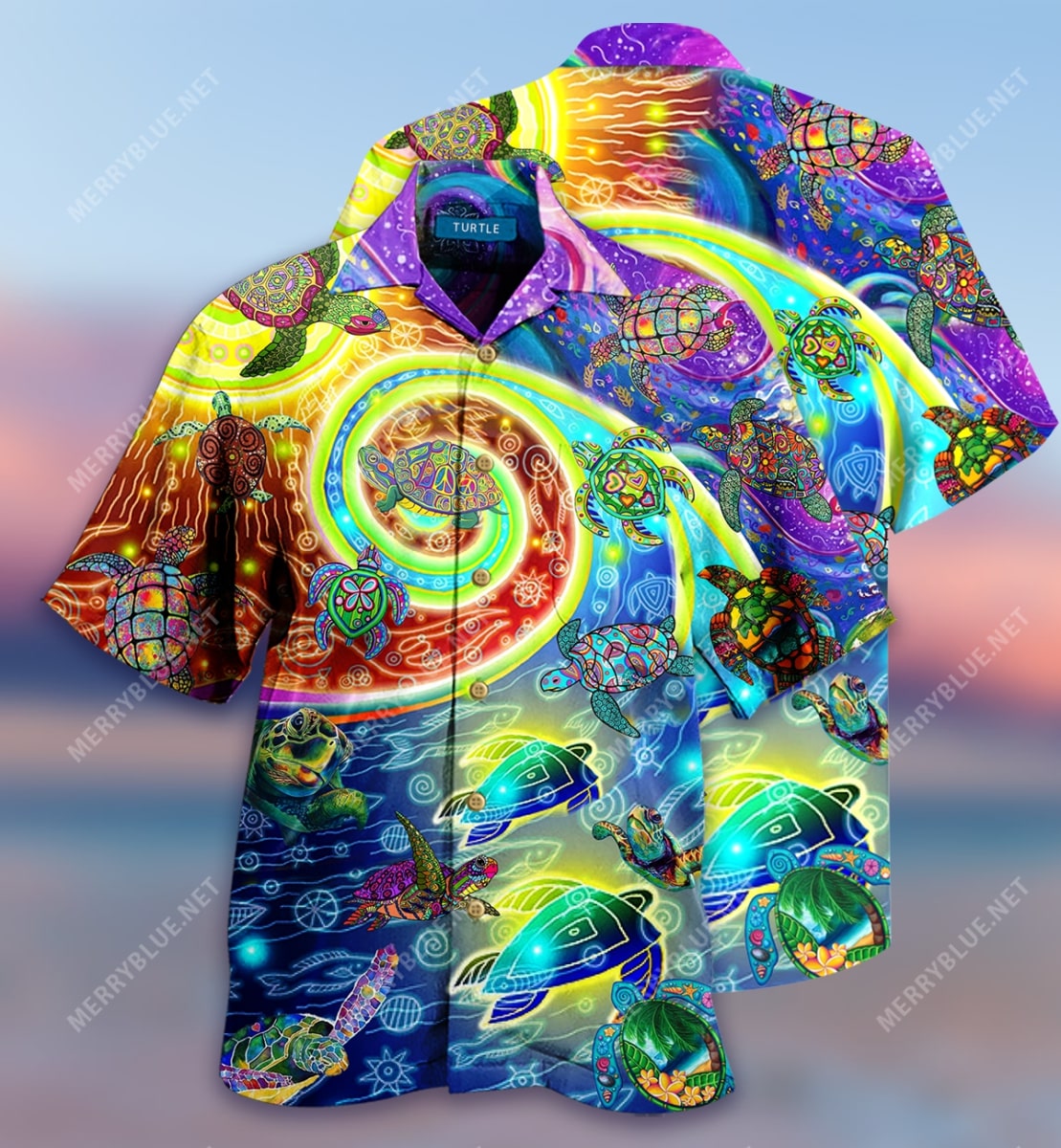
Reviews
There are no reviews yet.